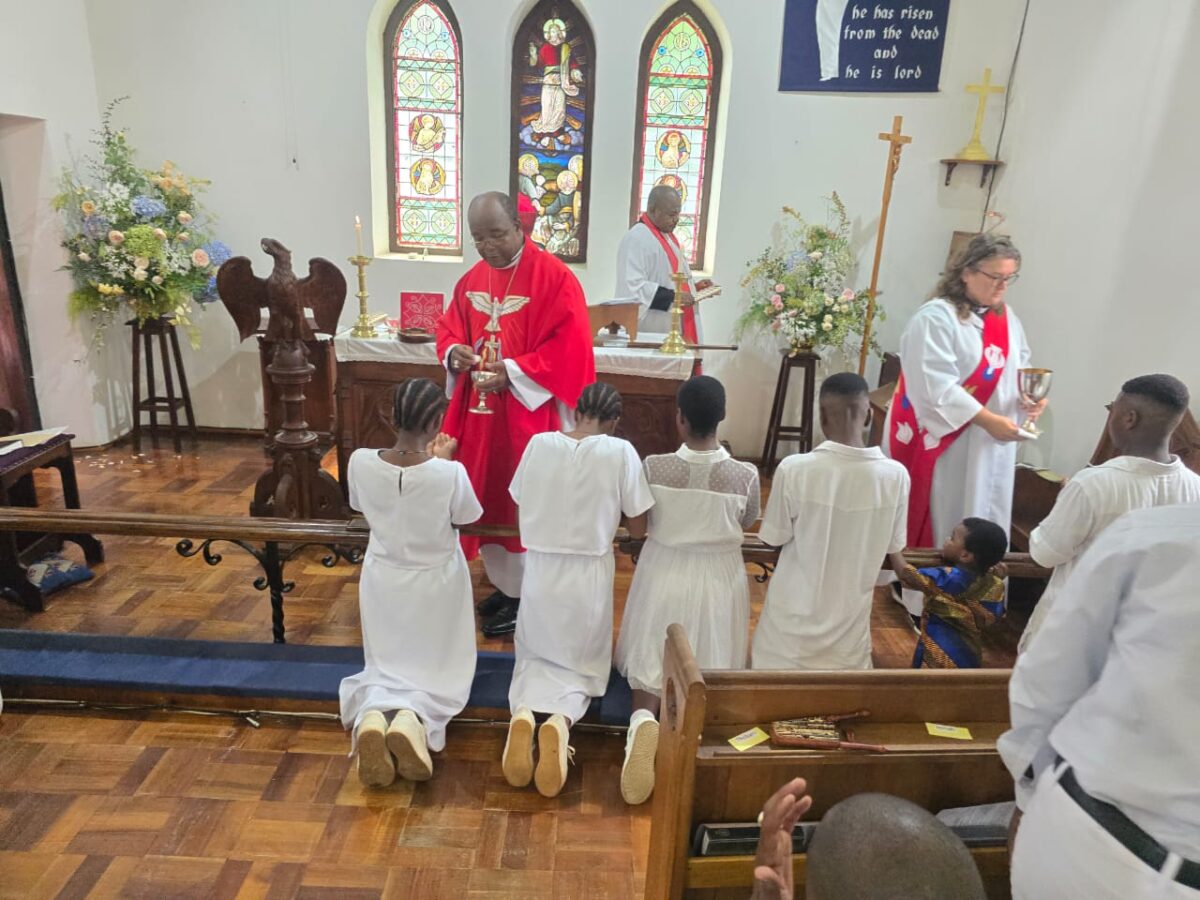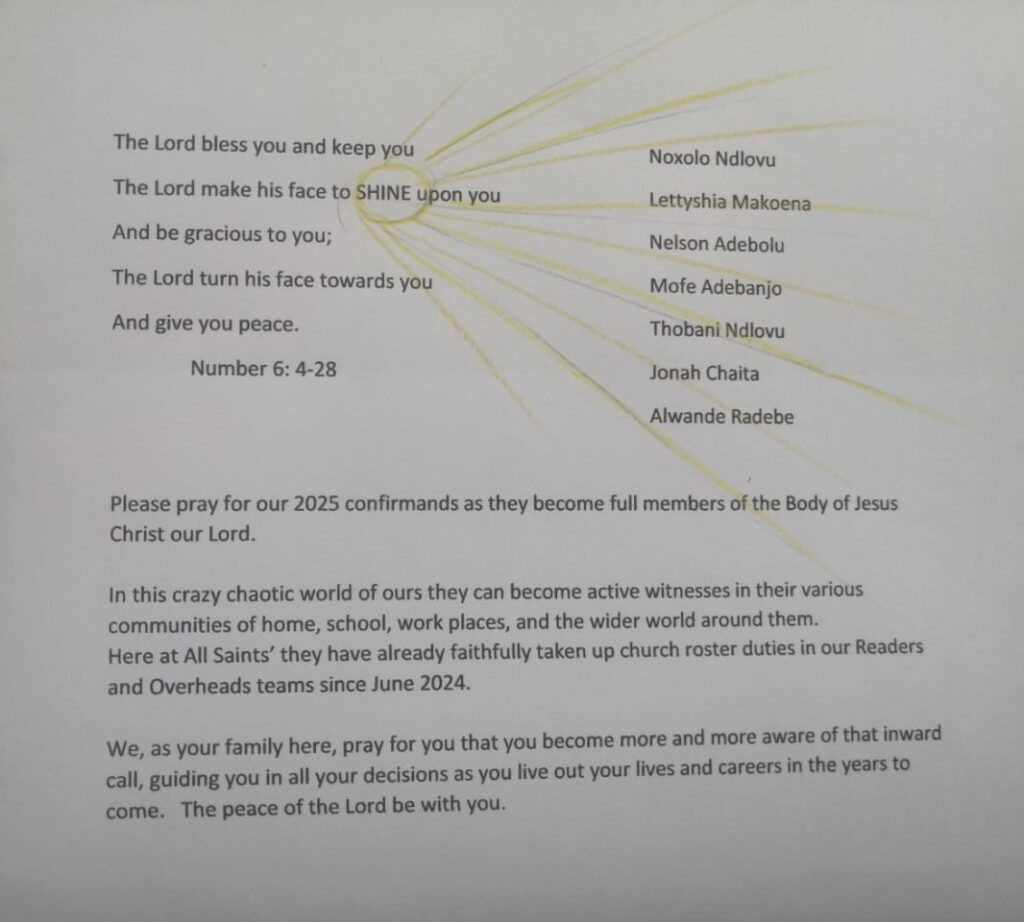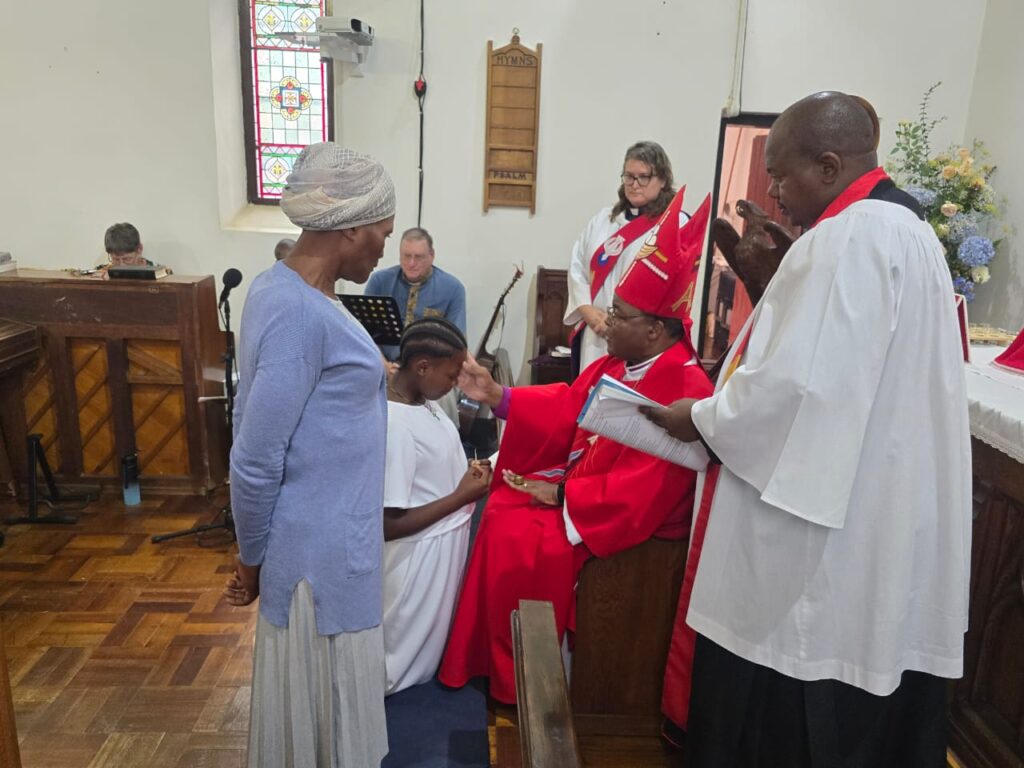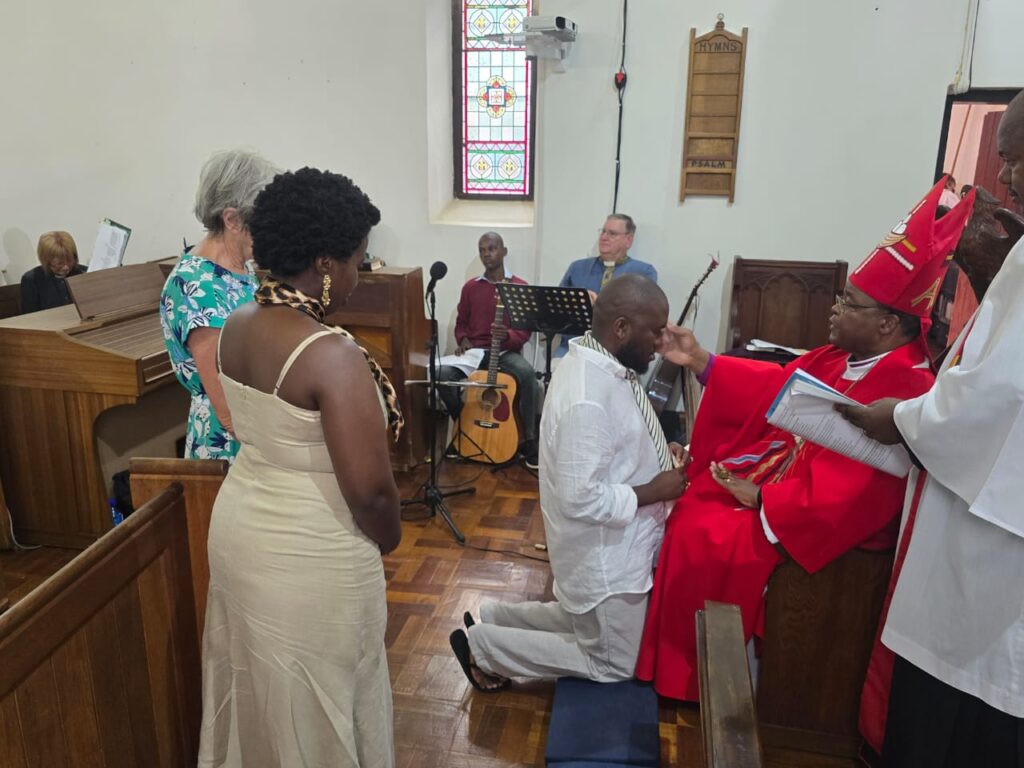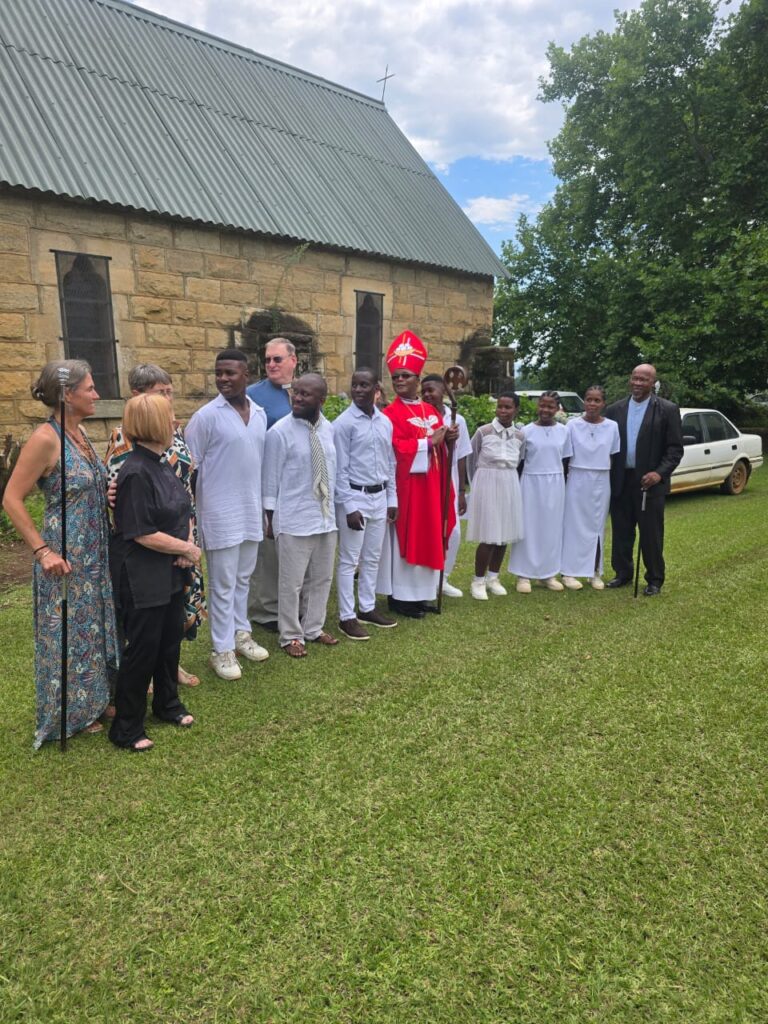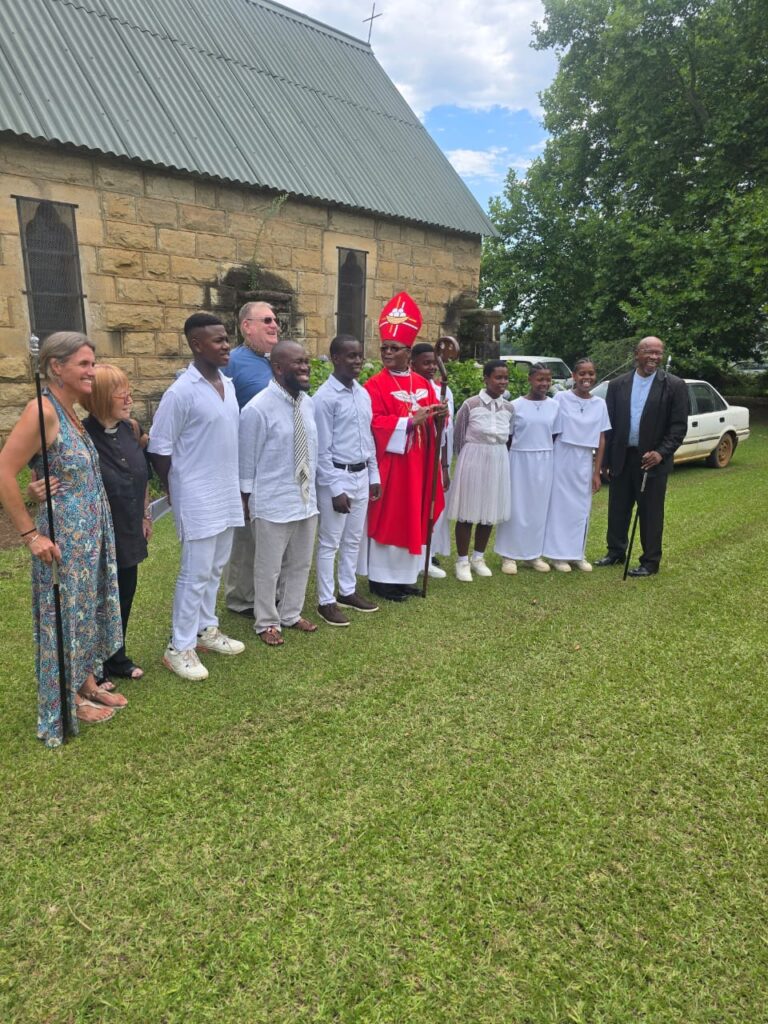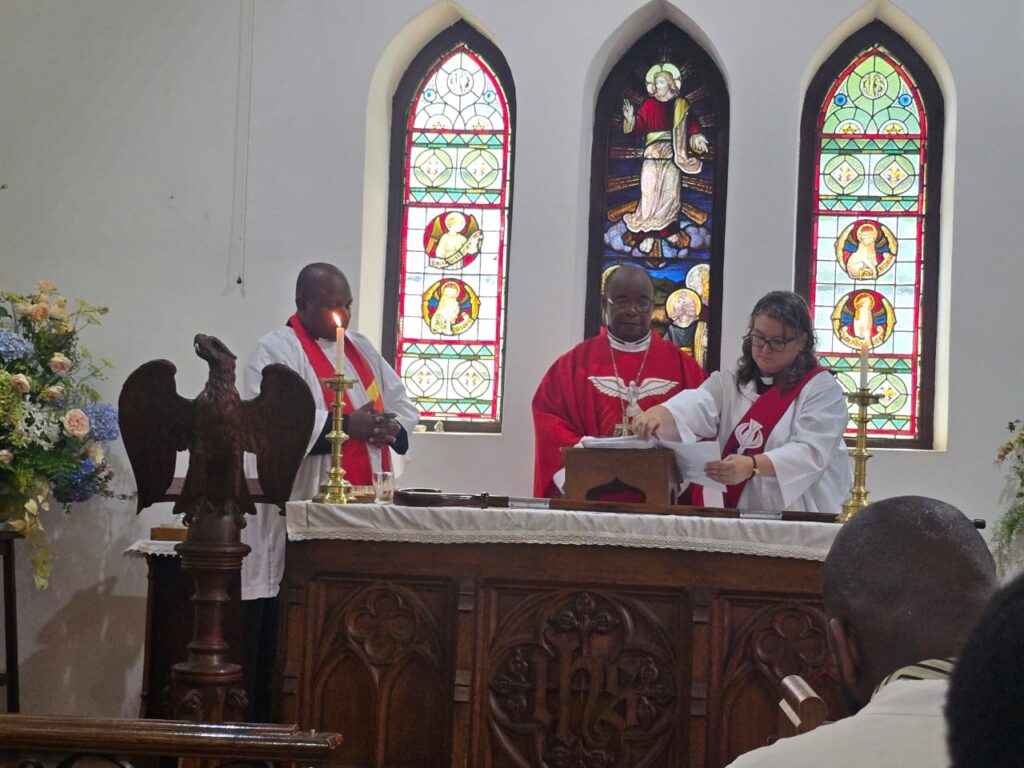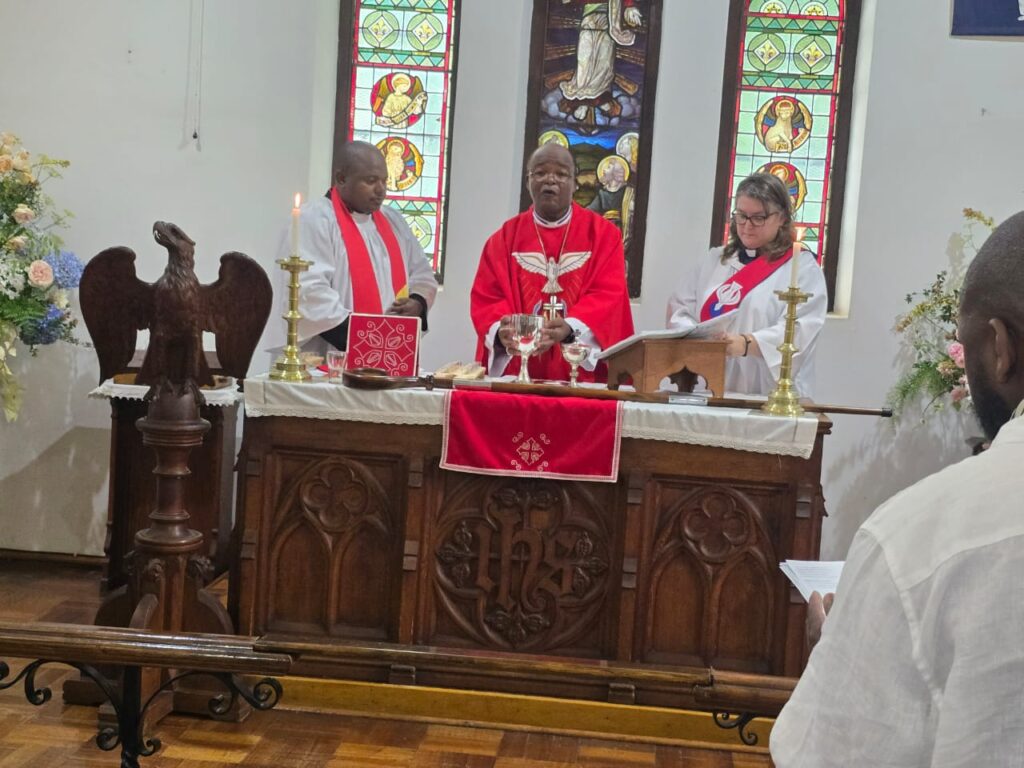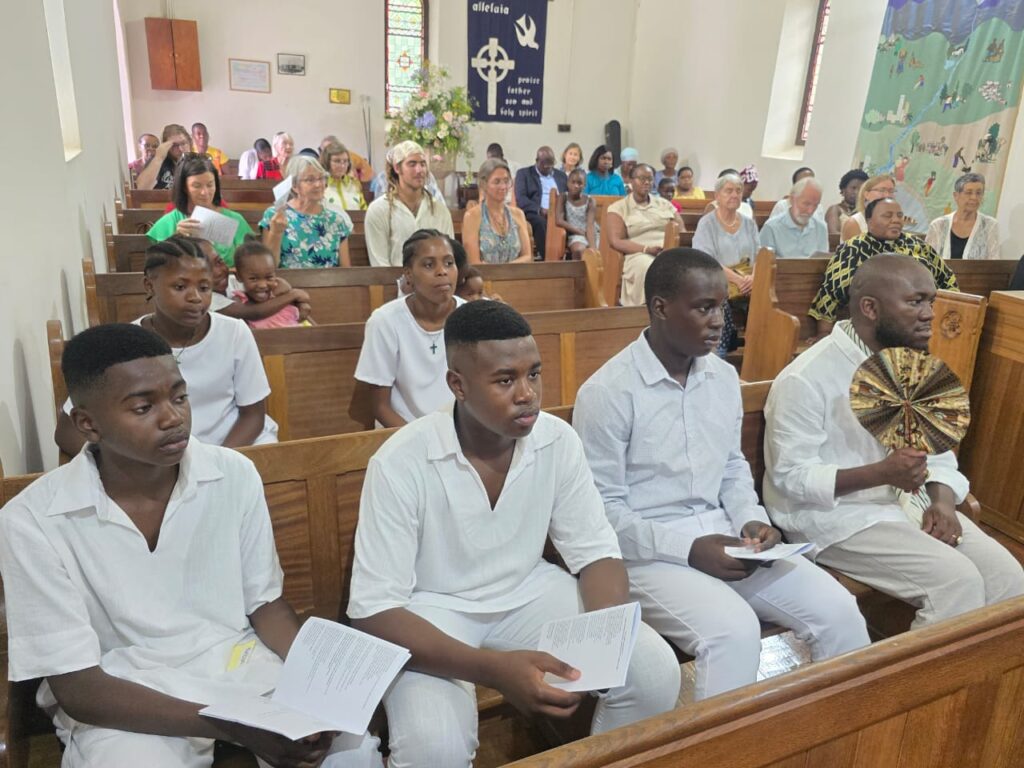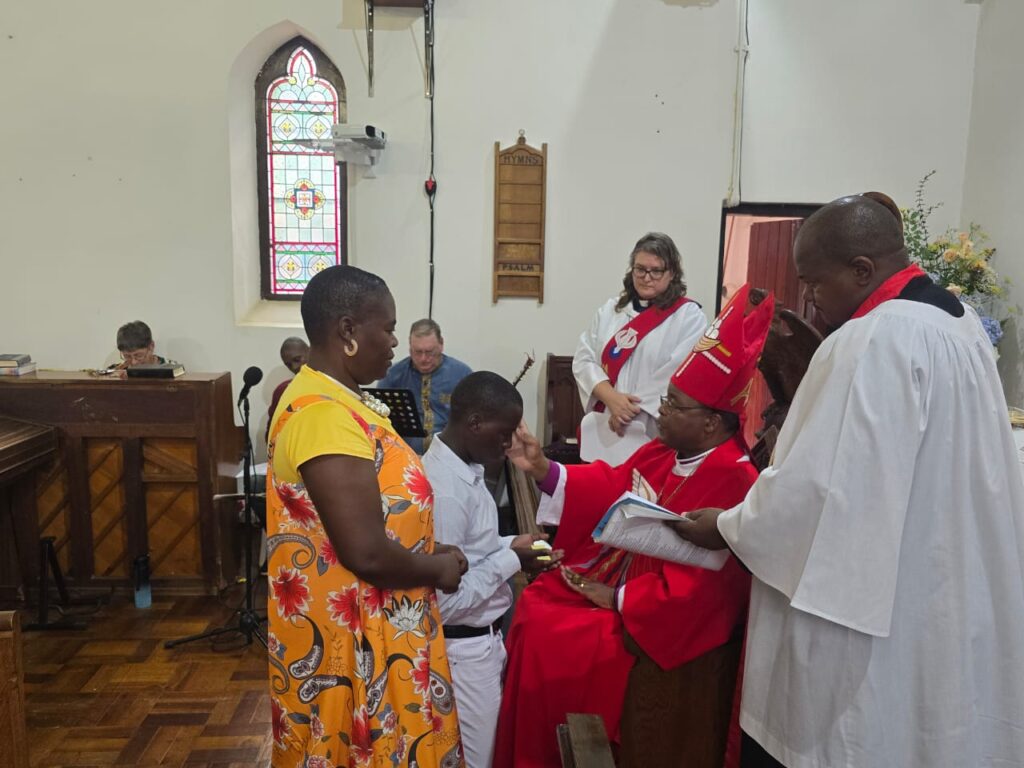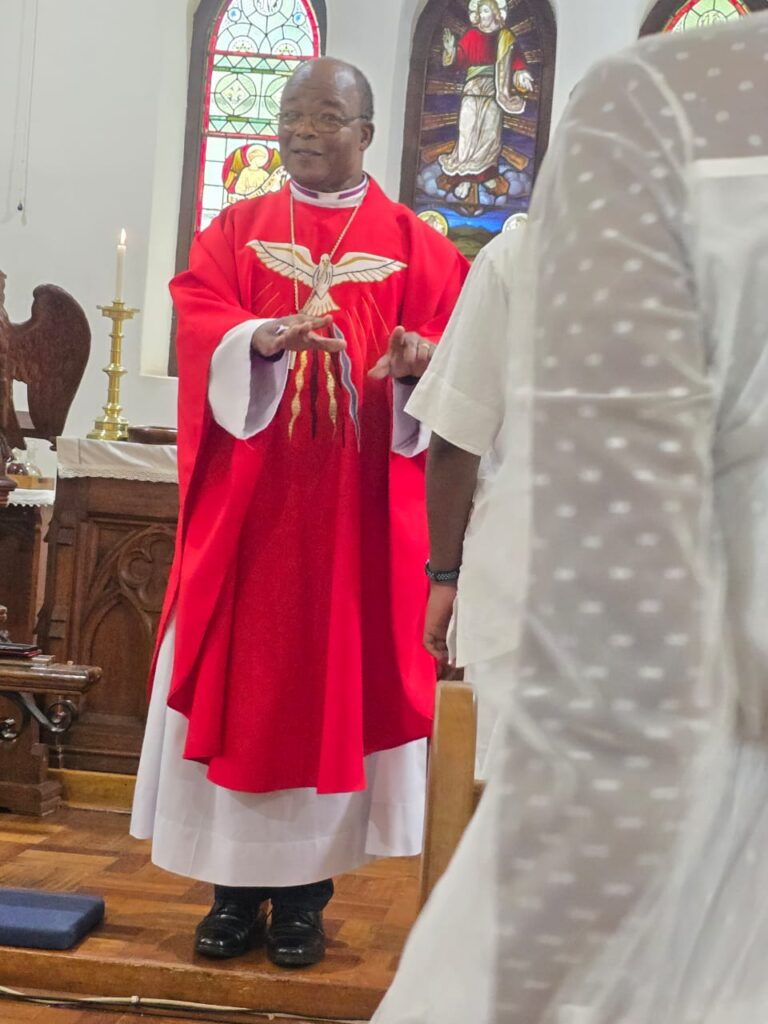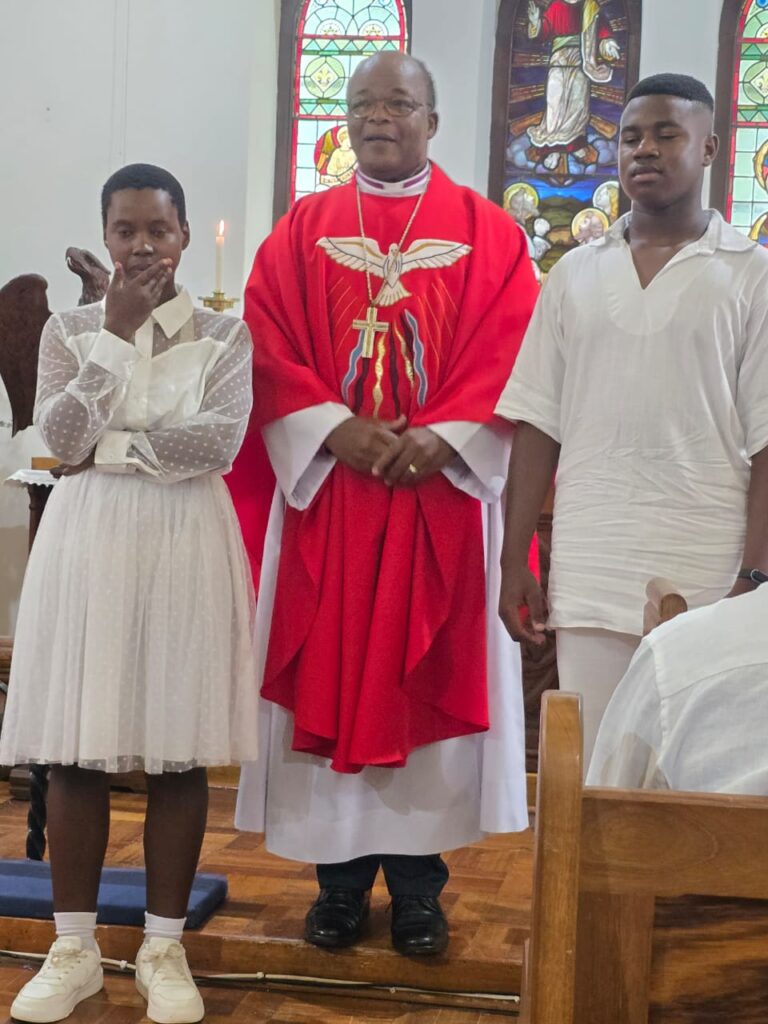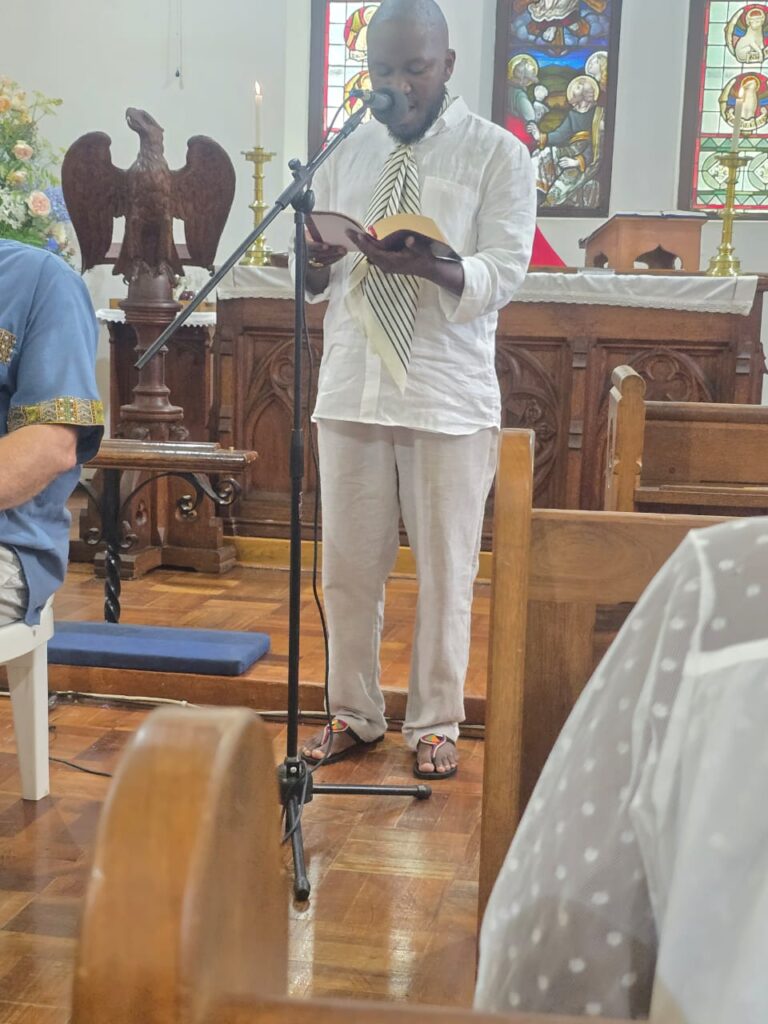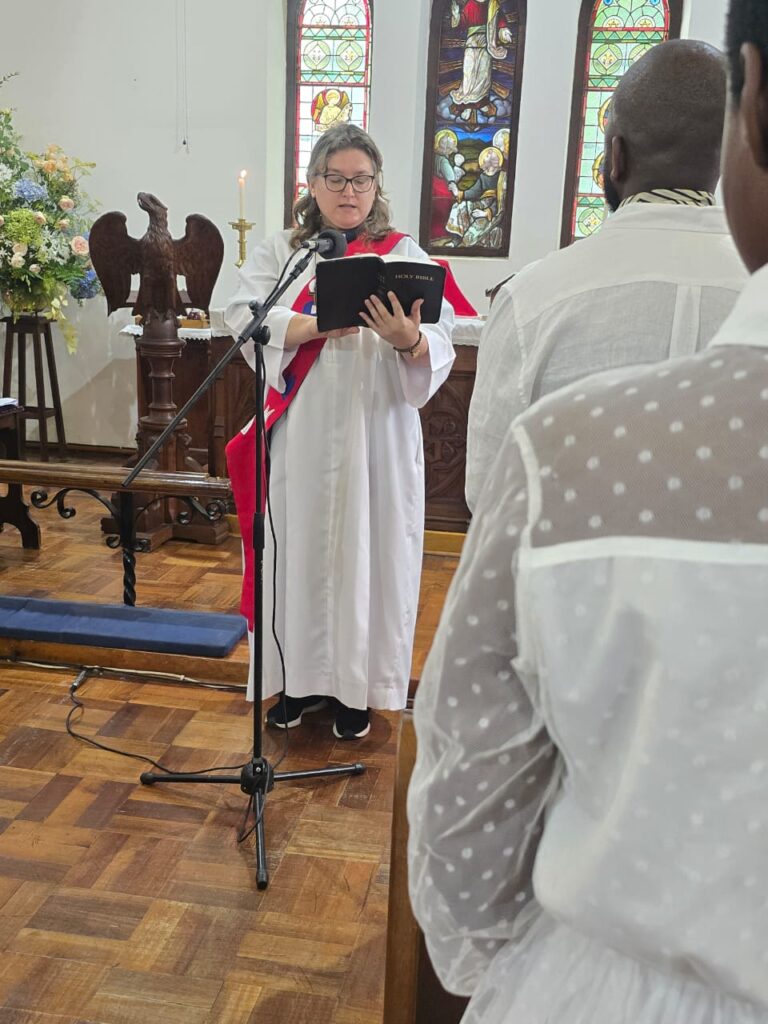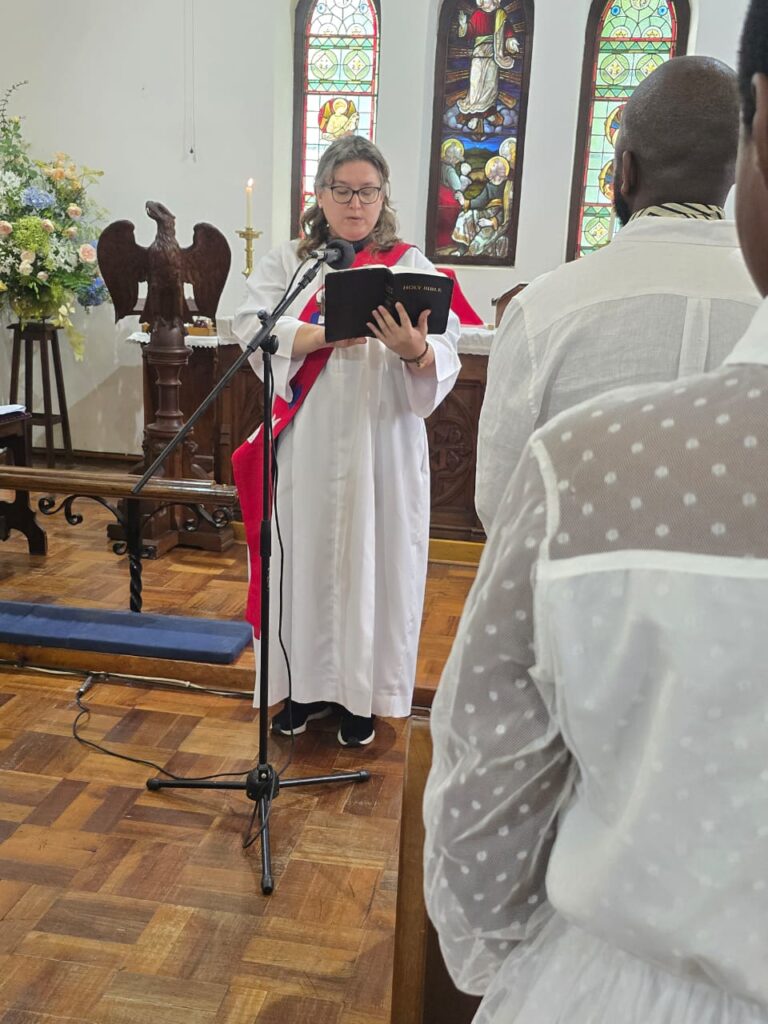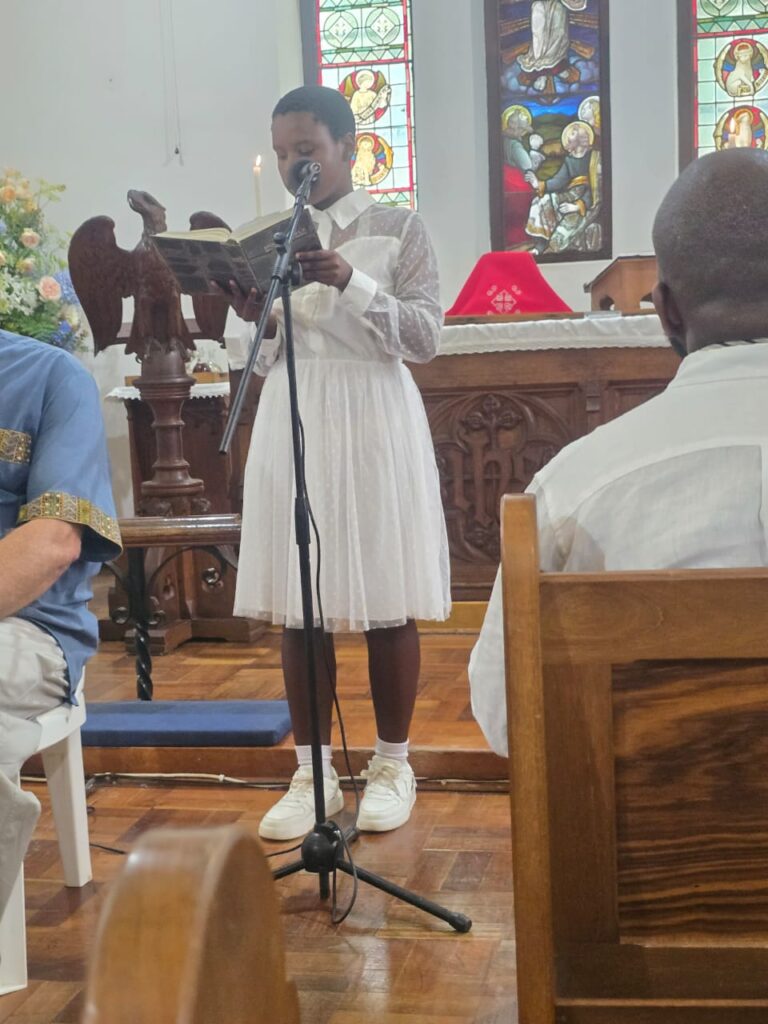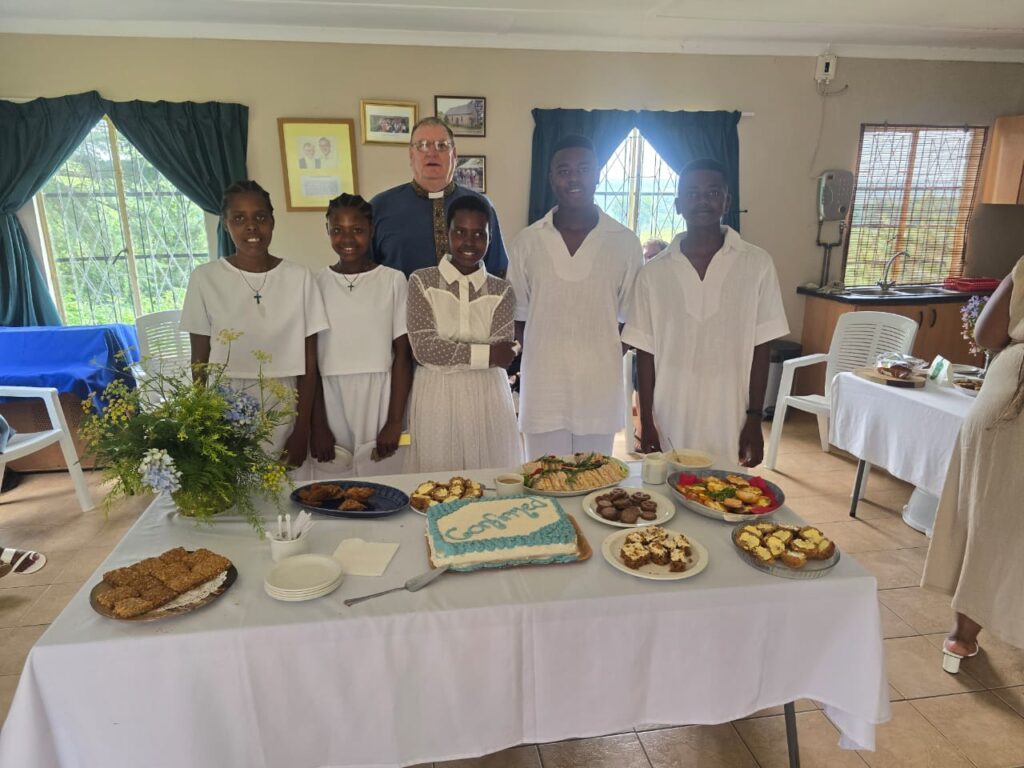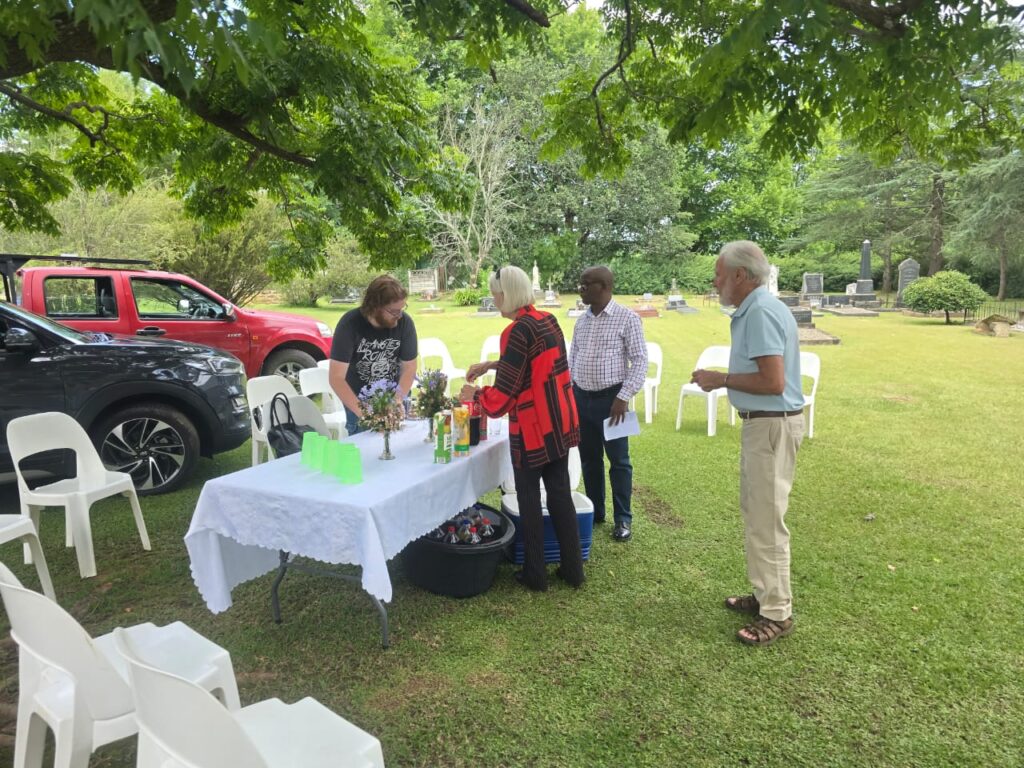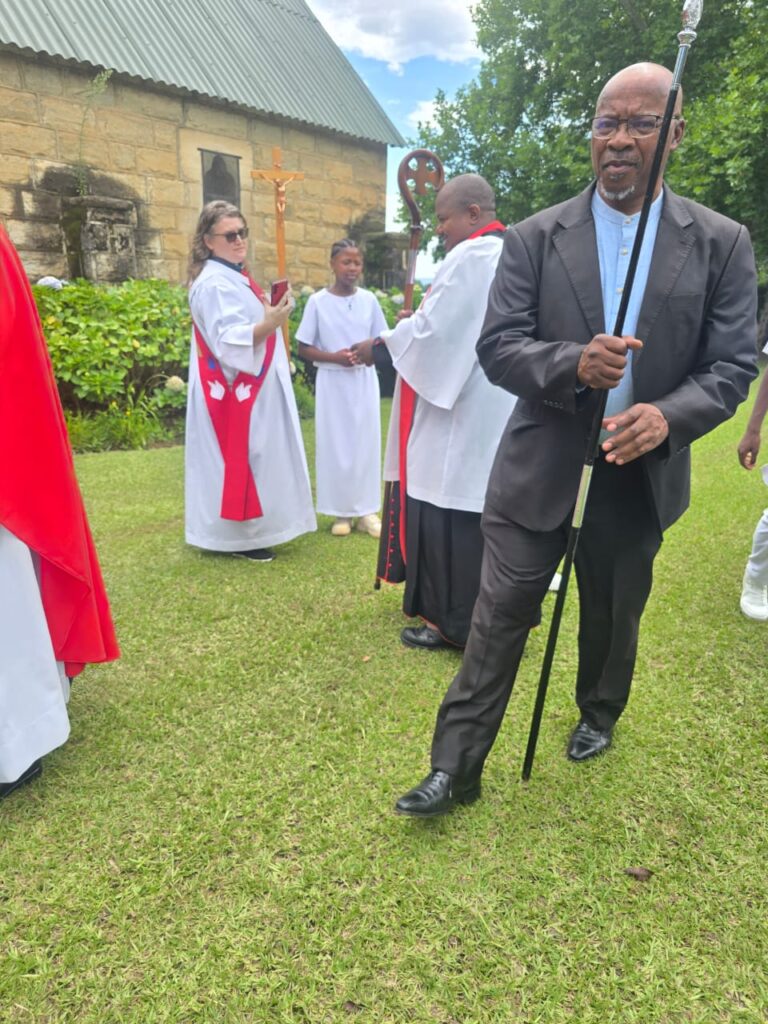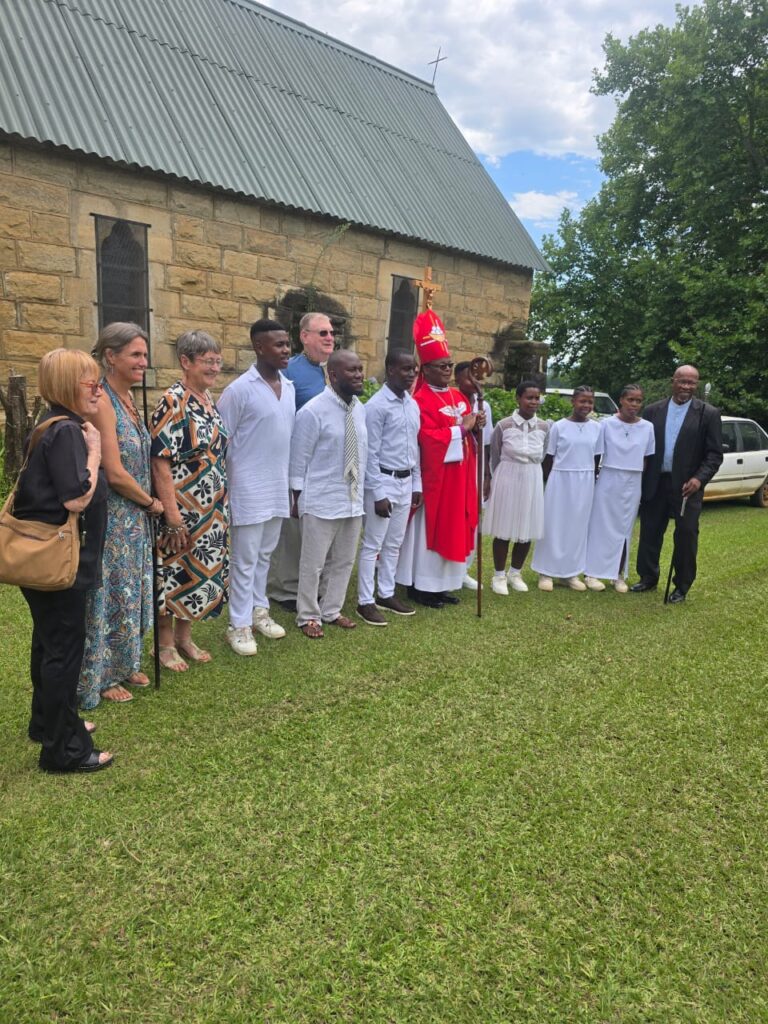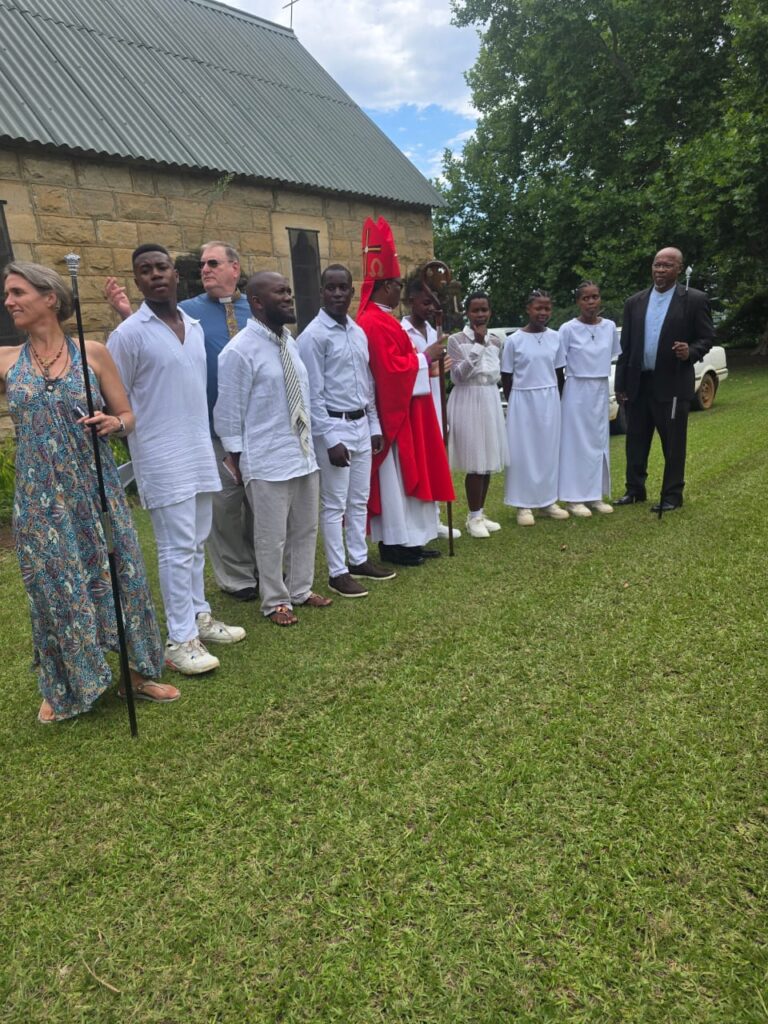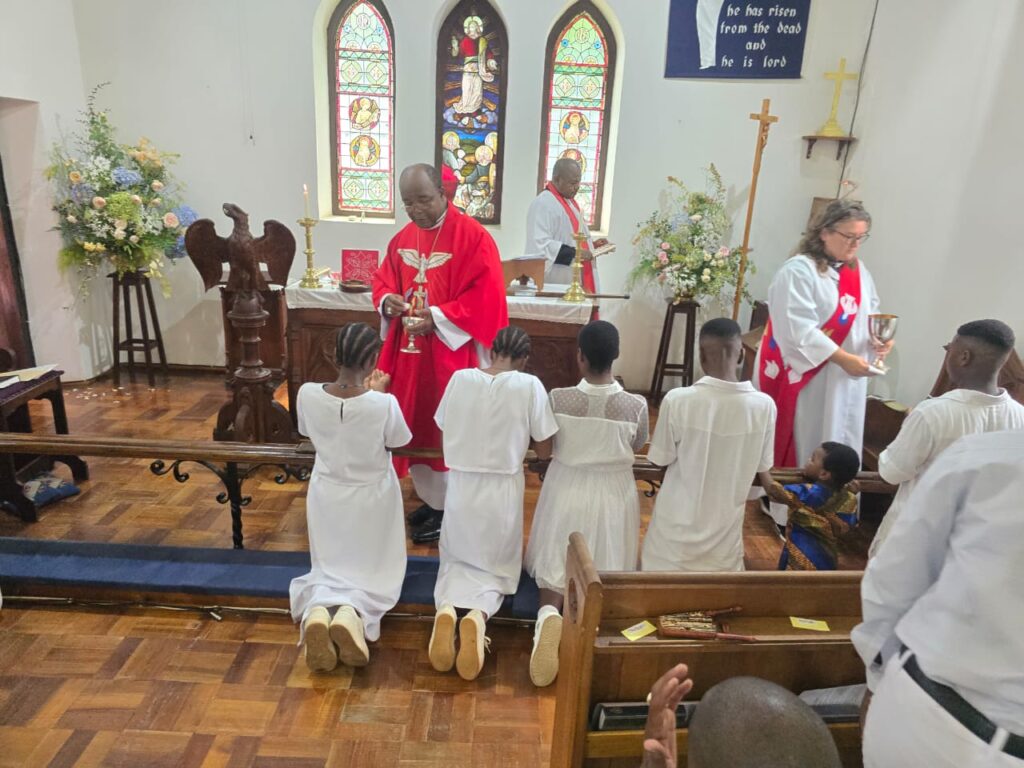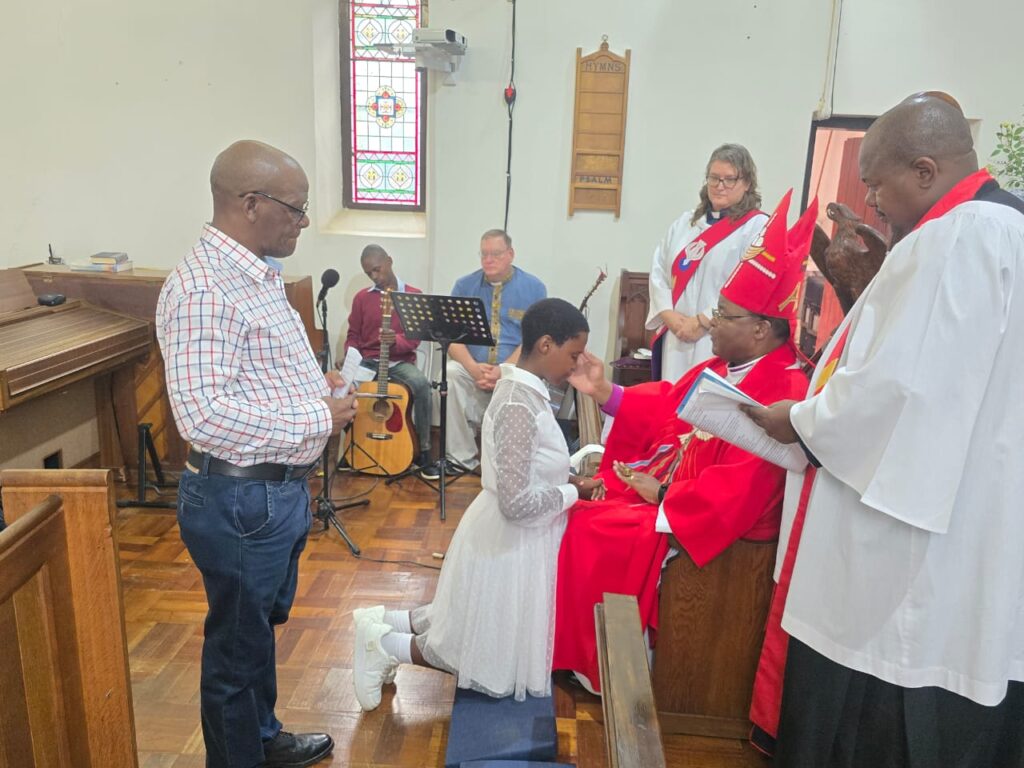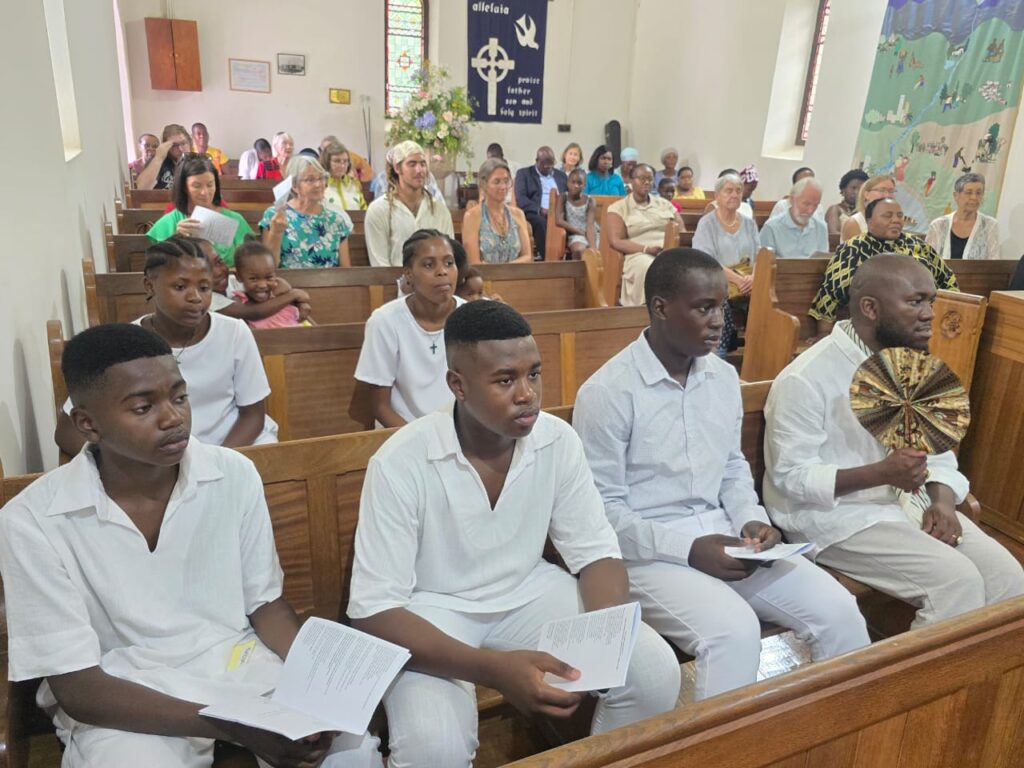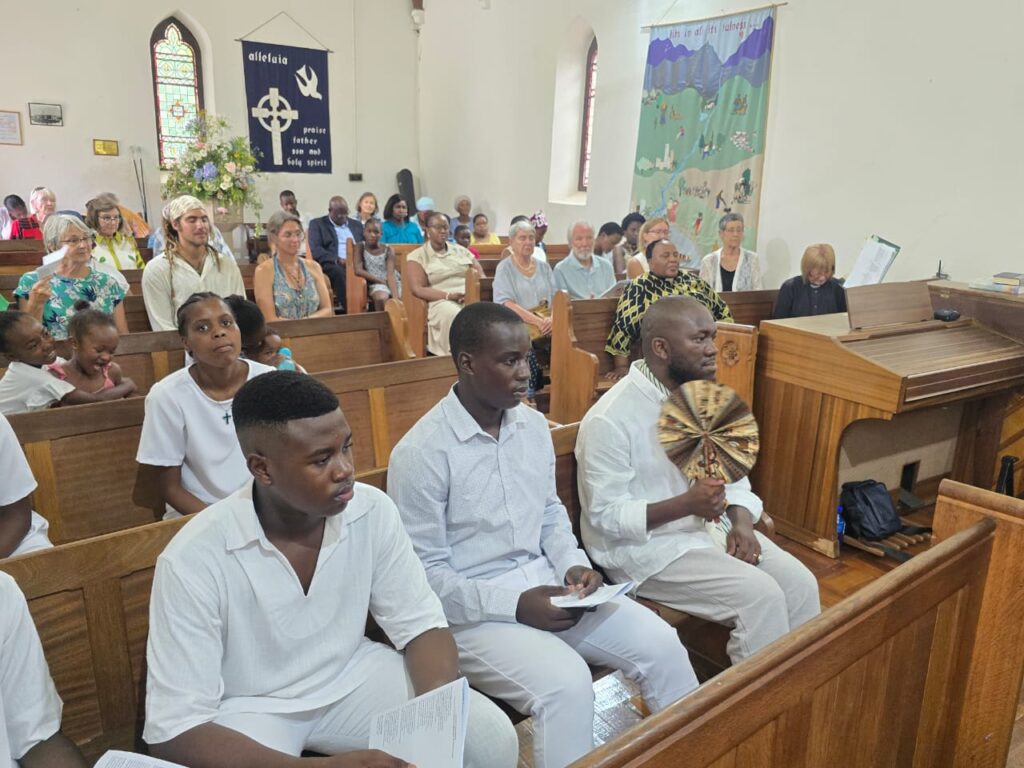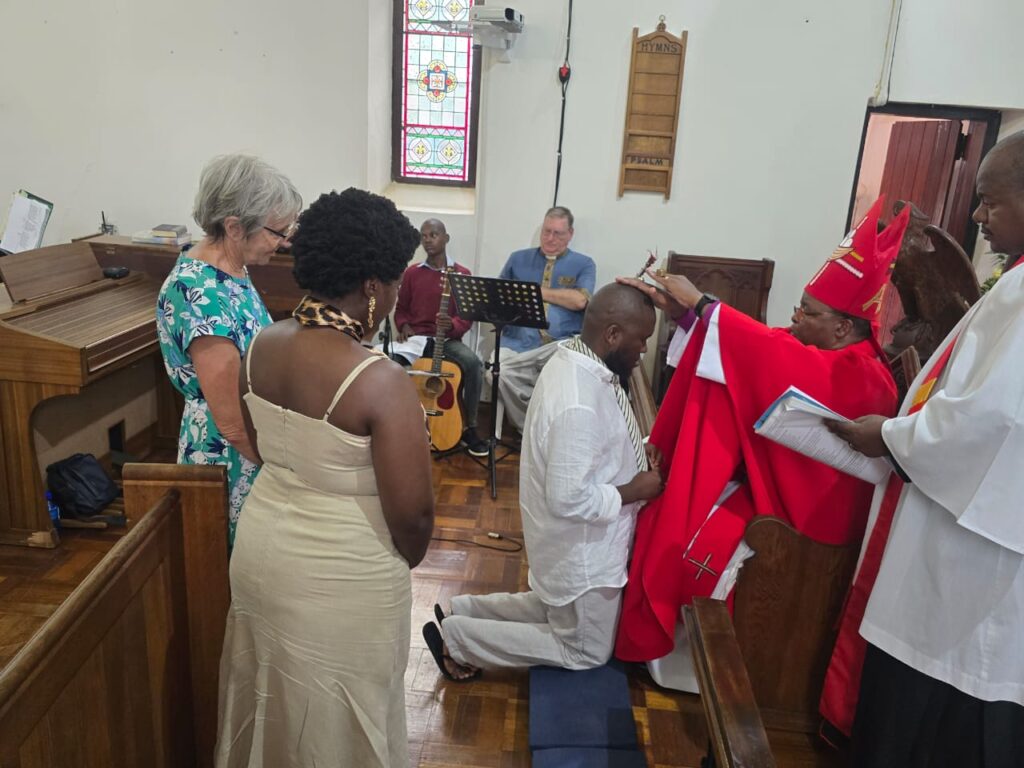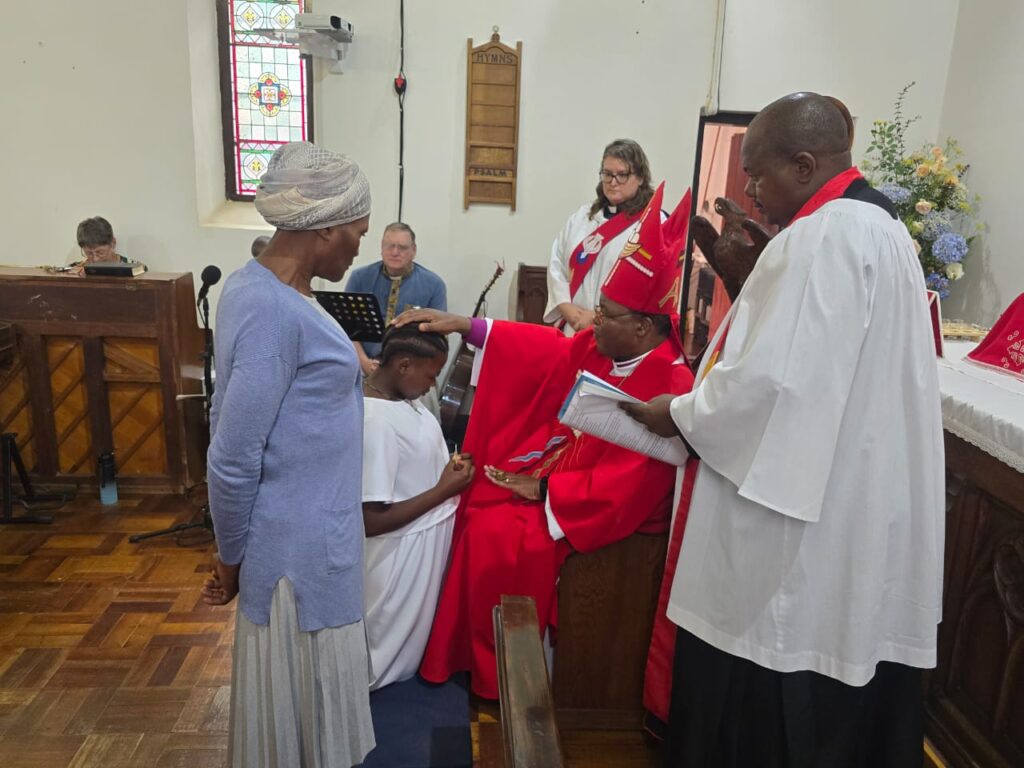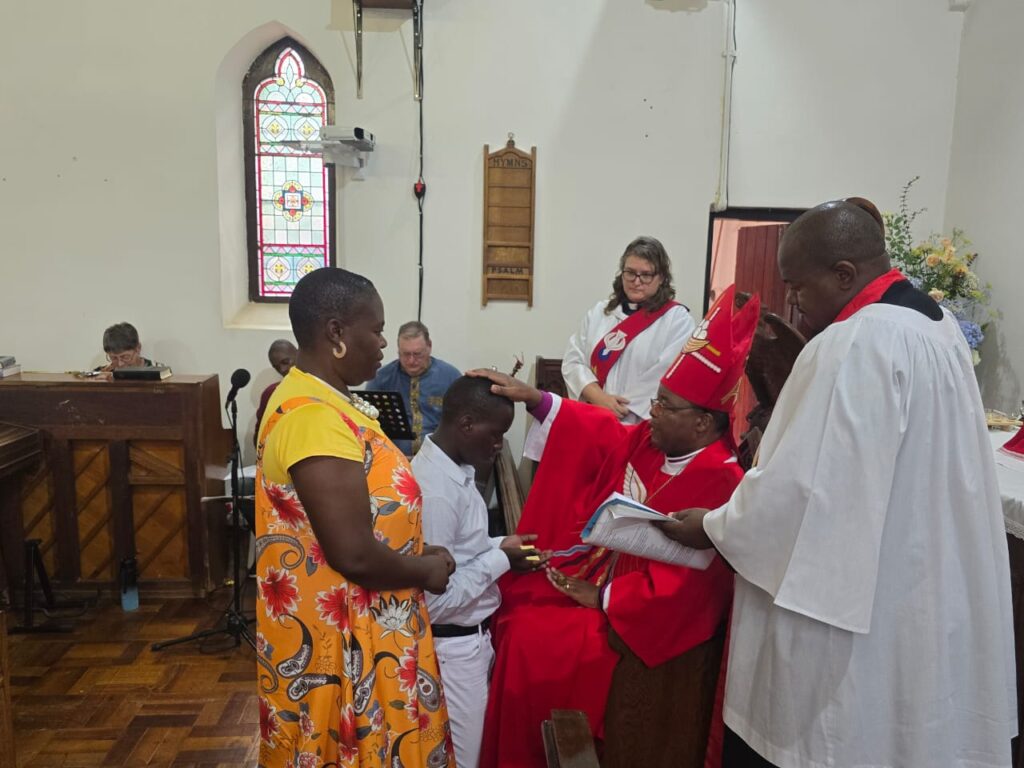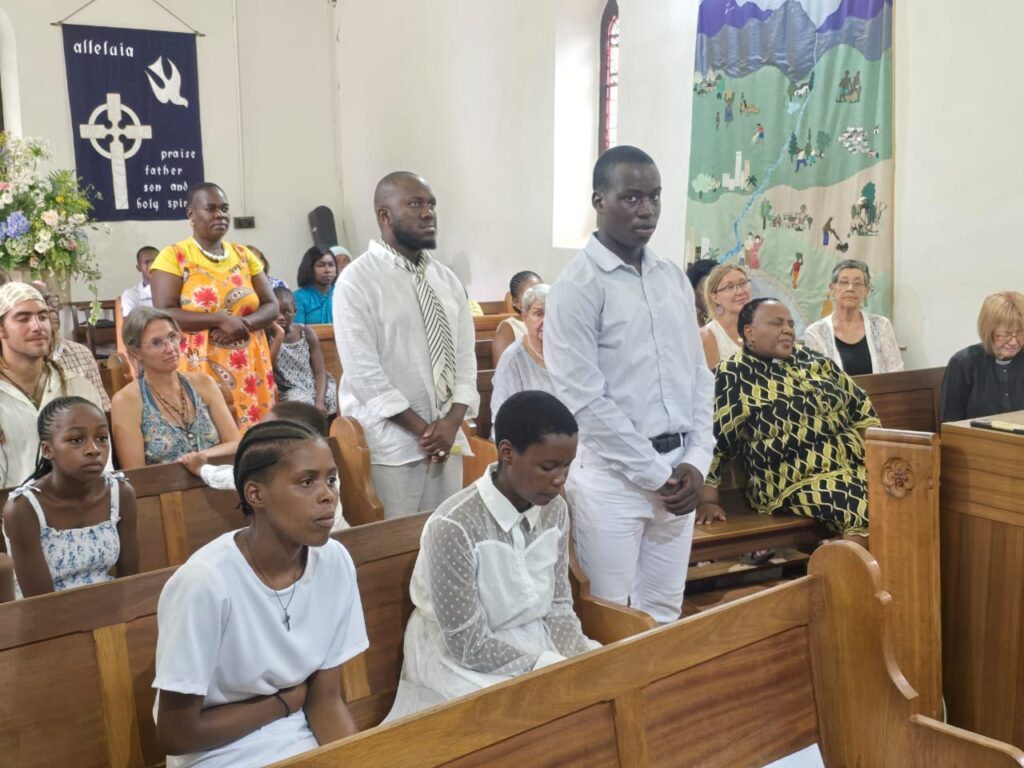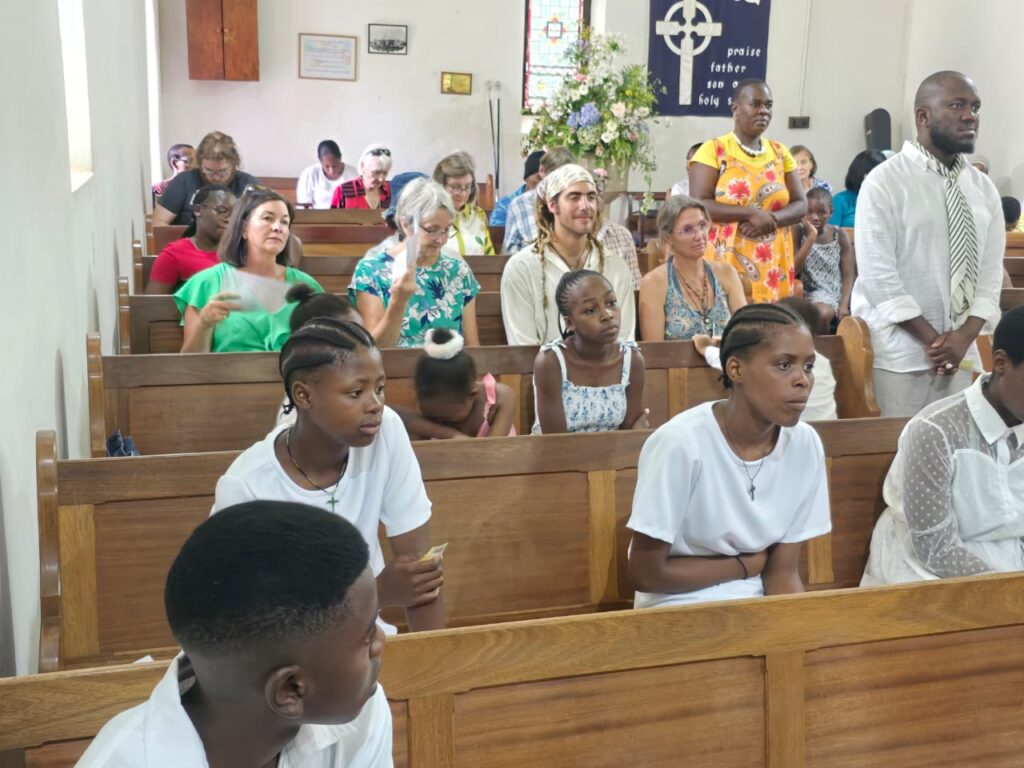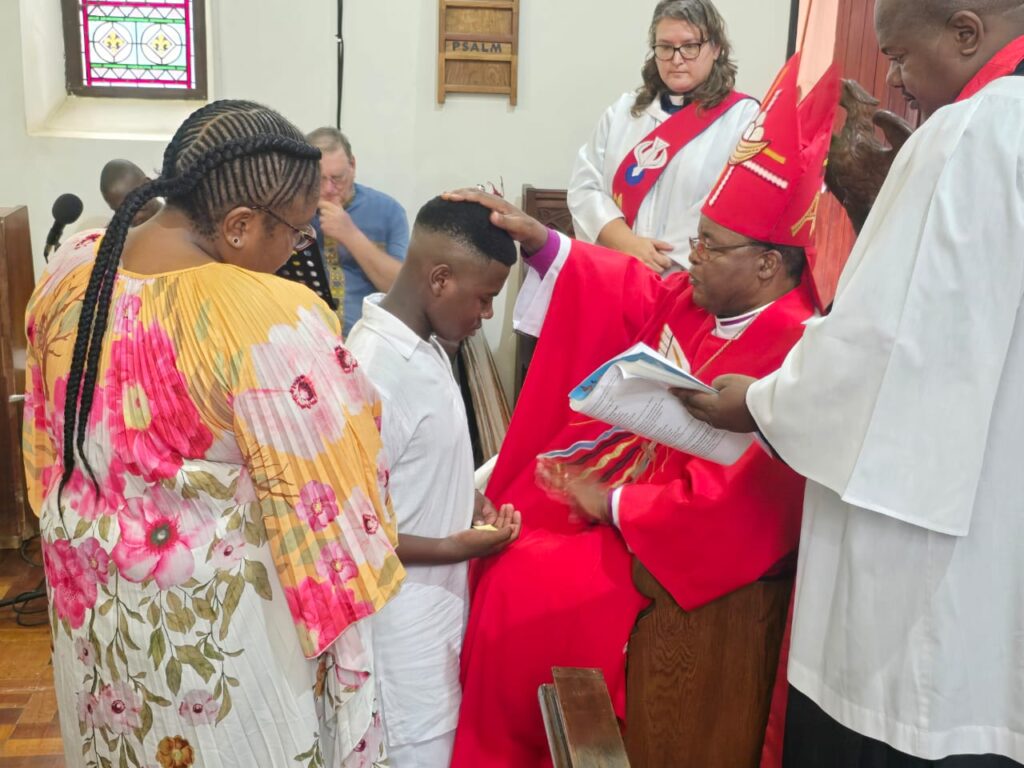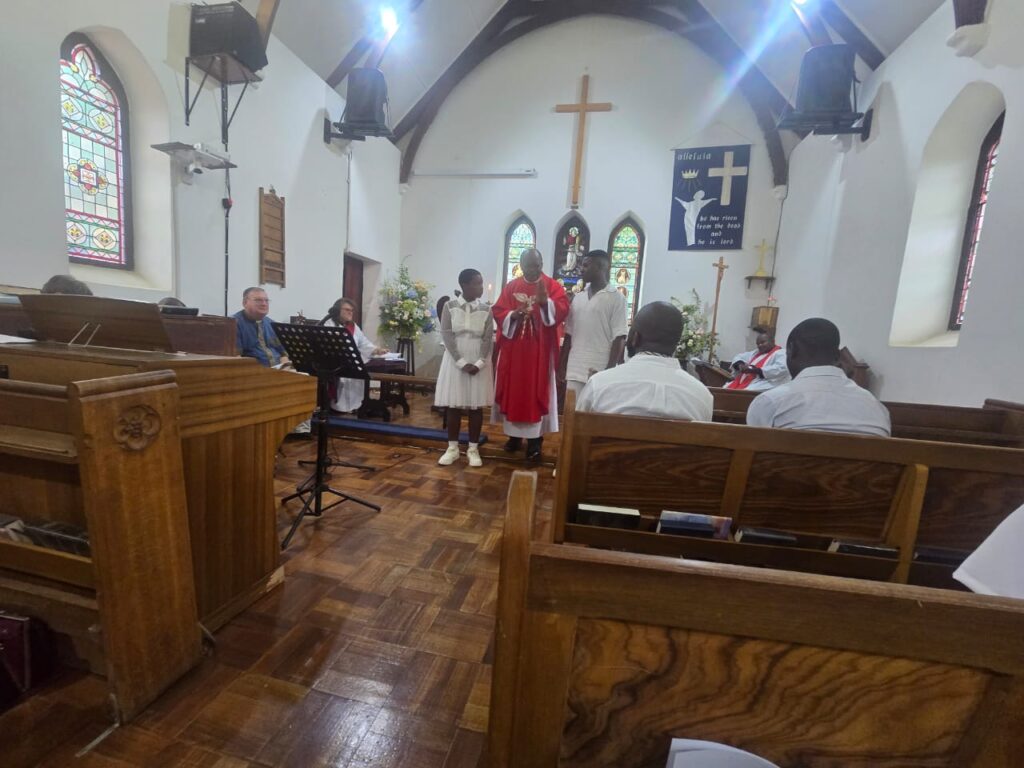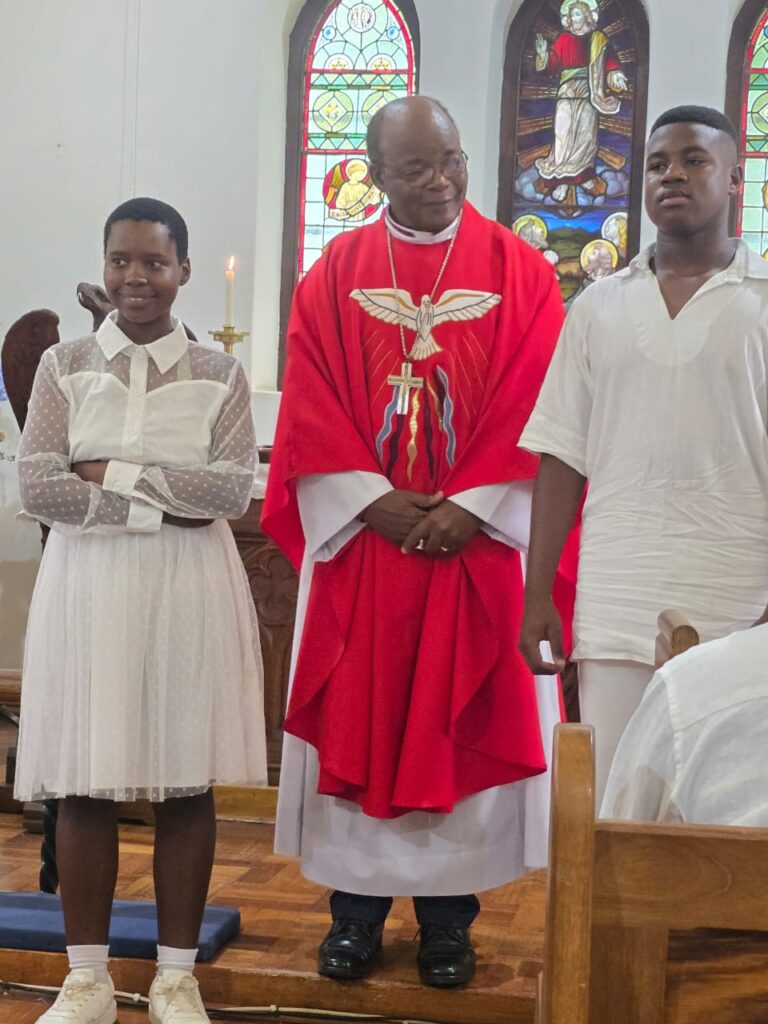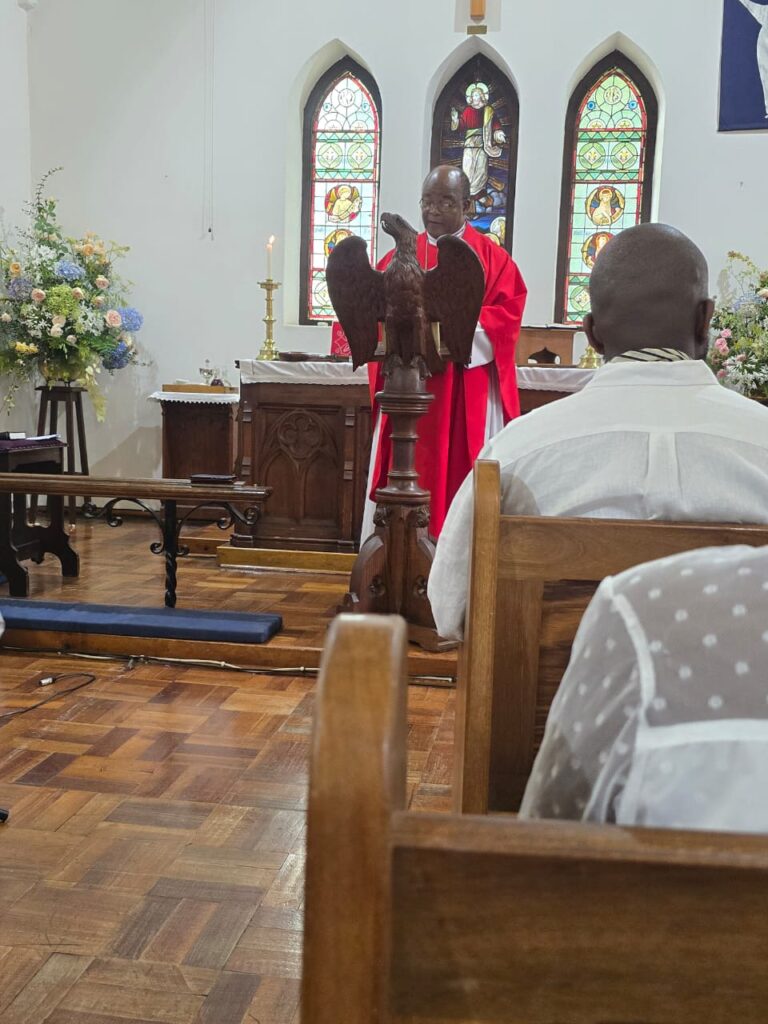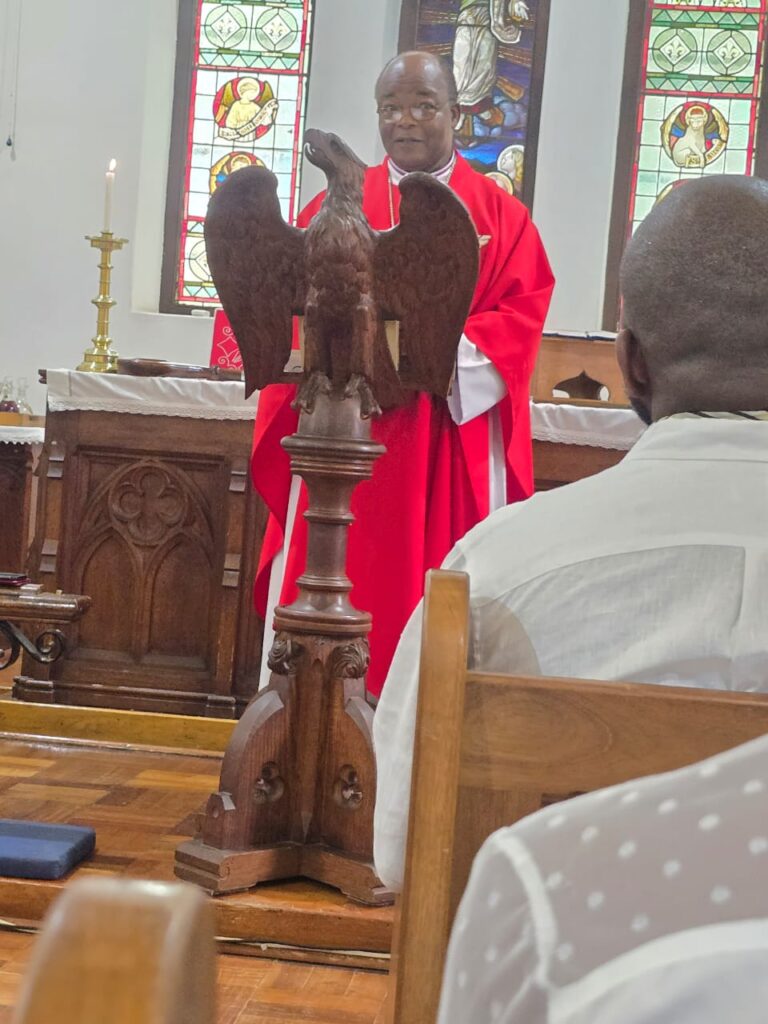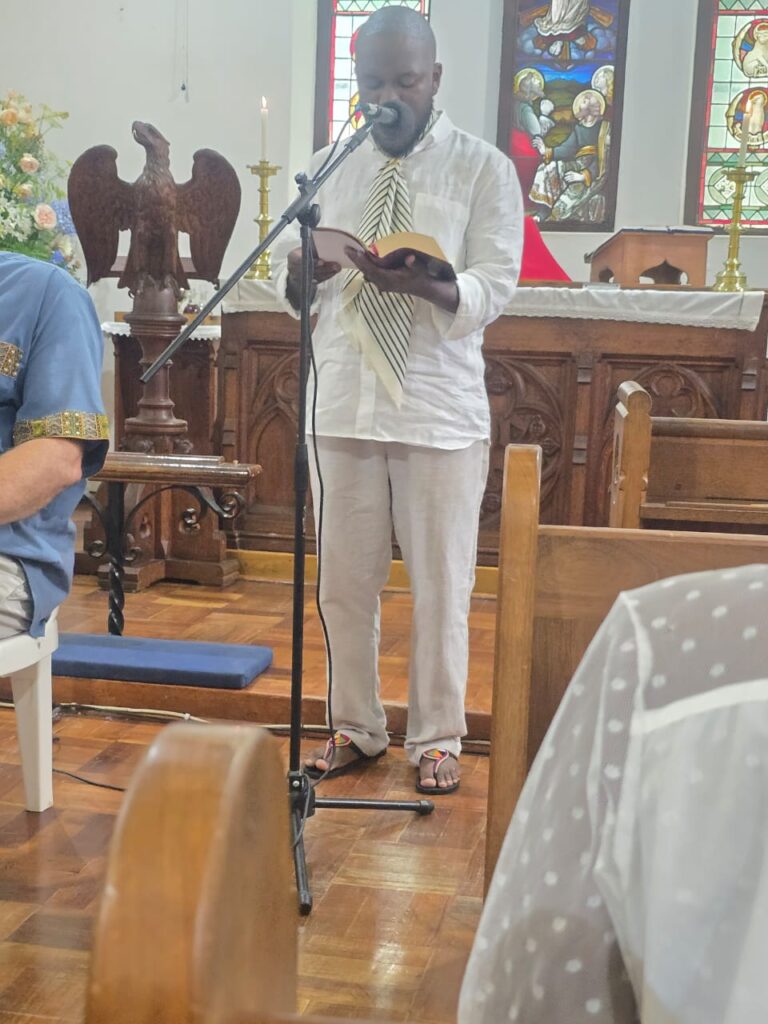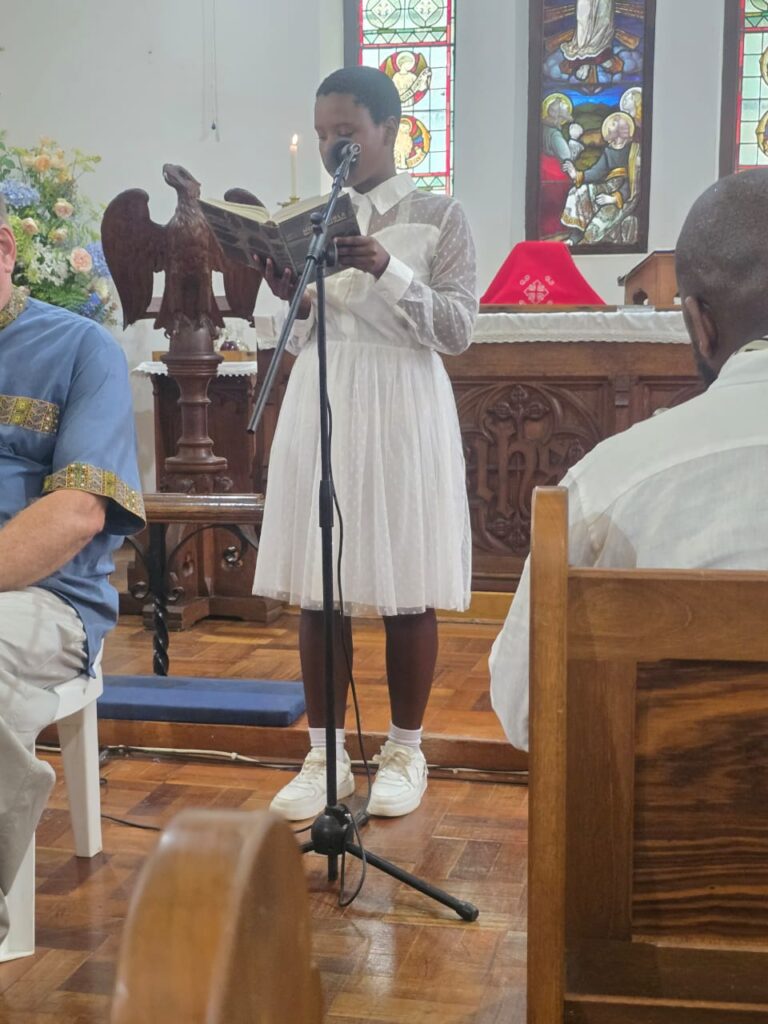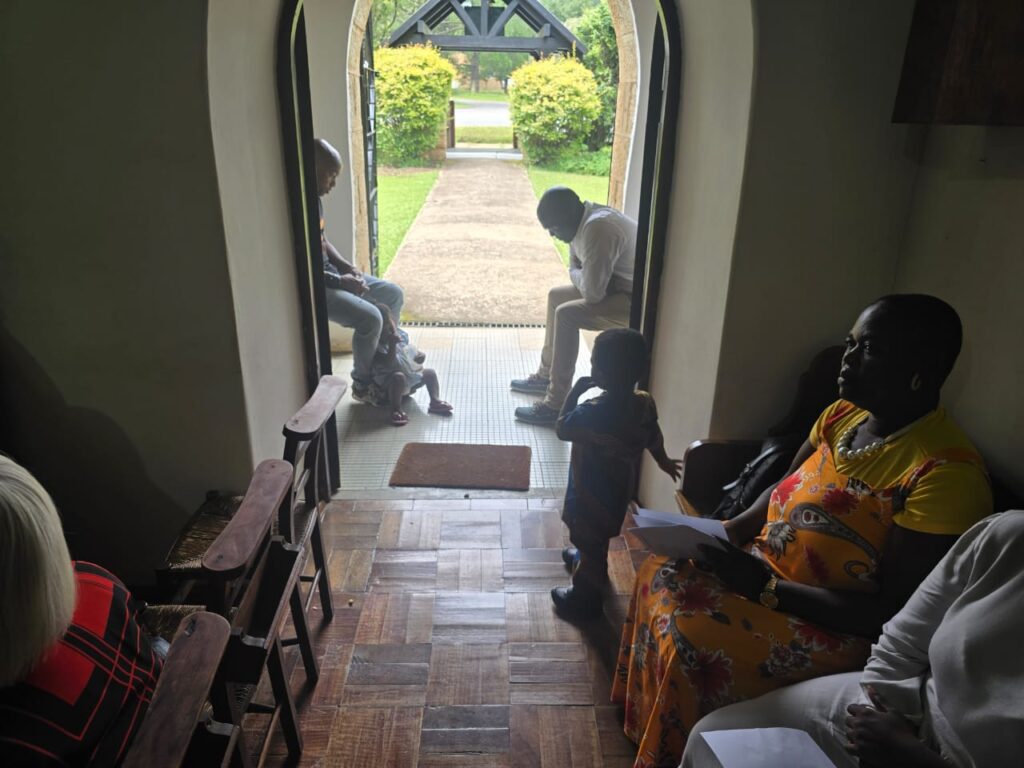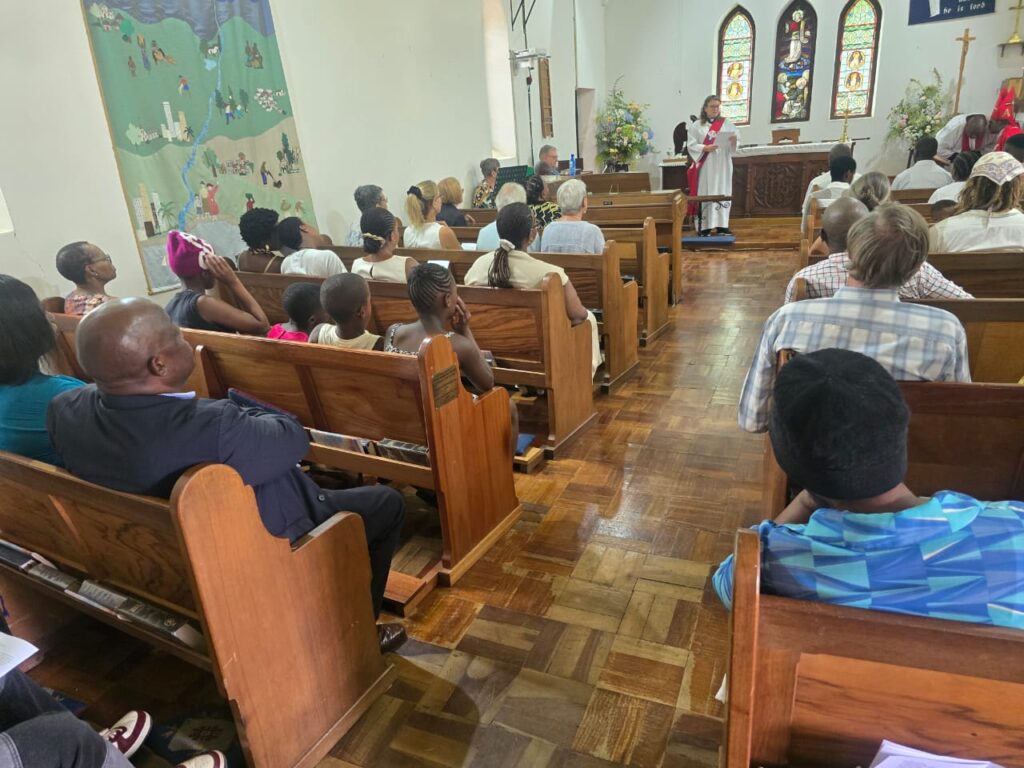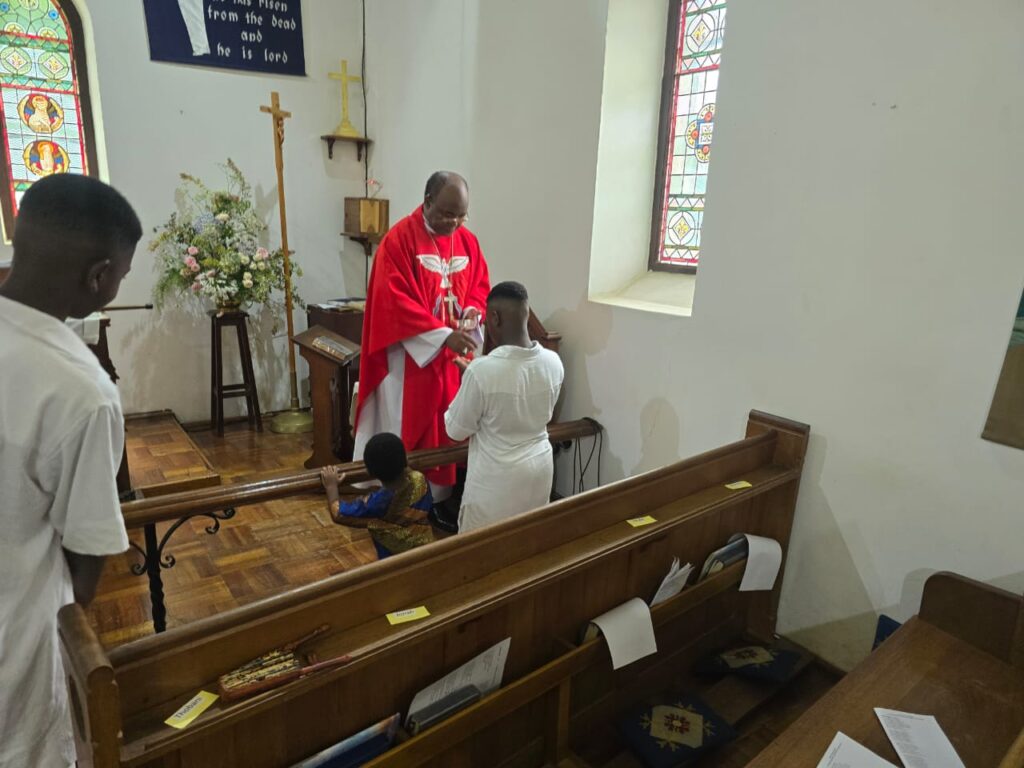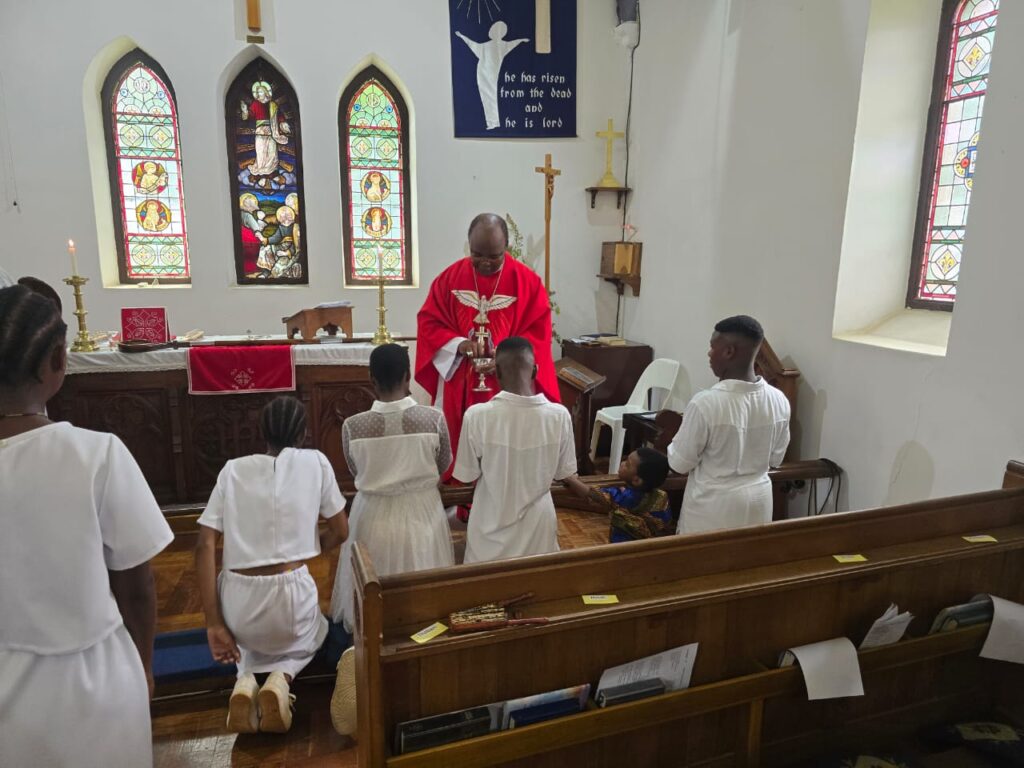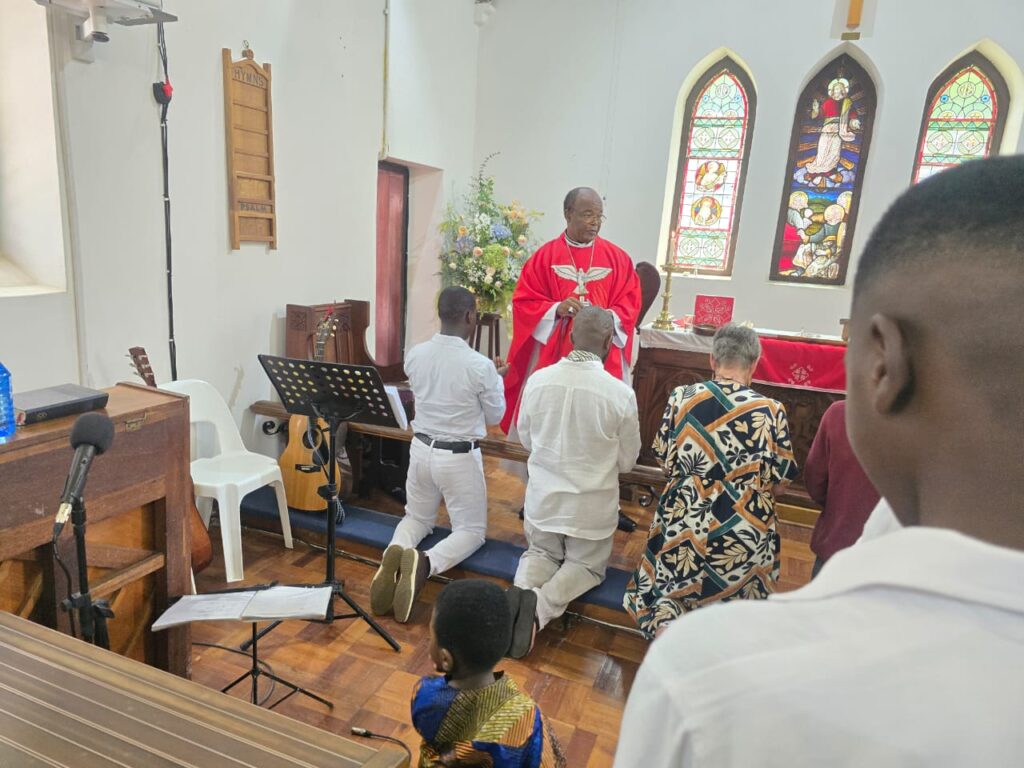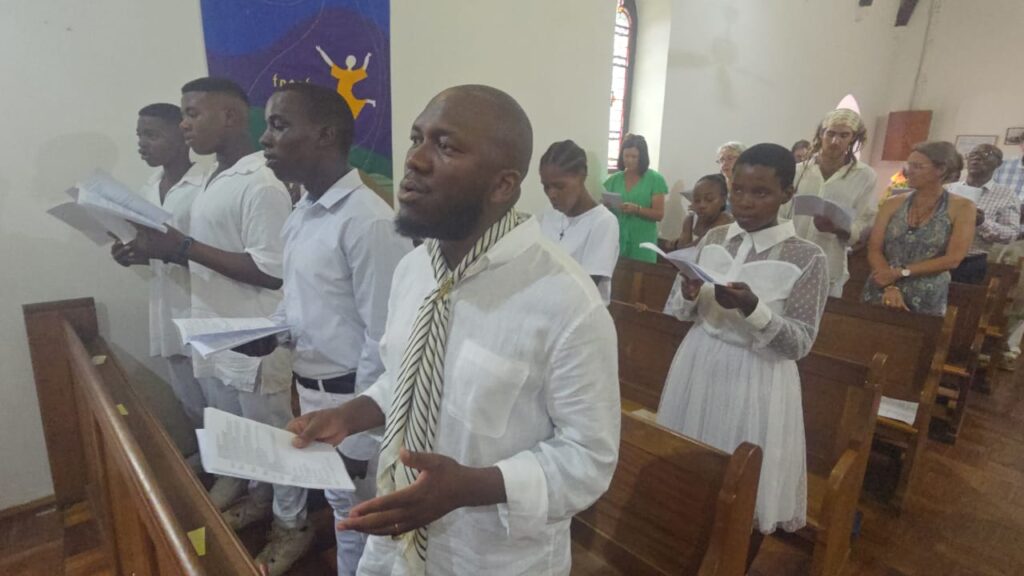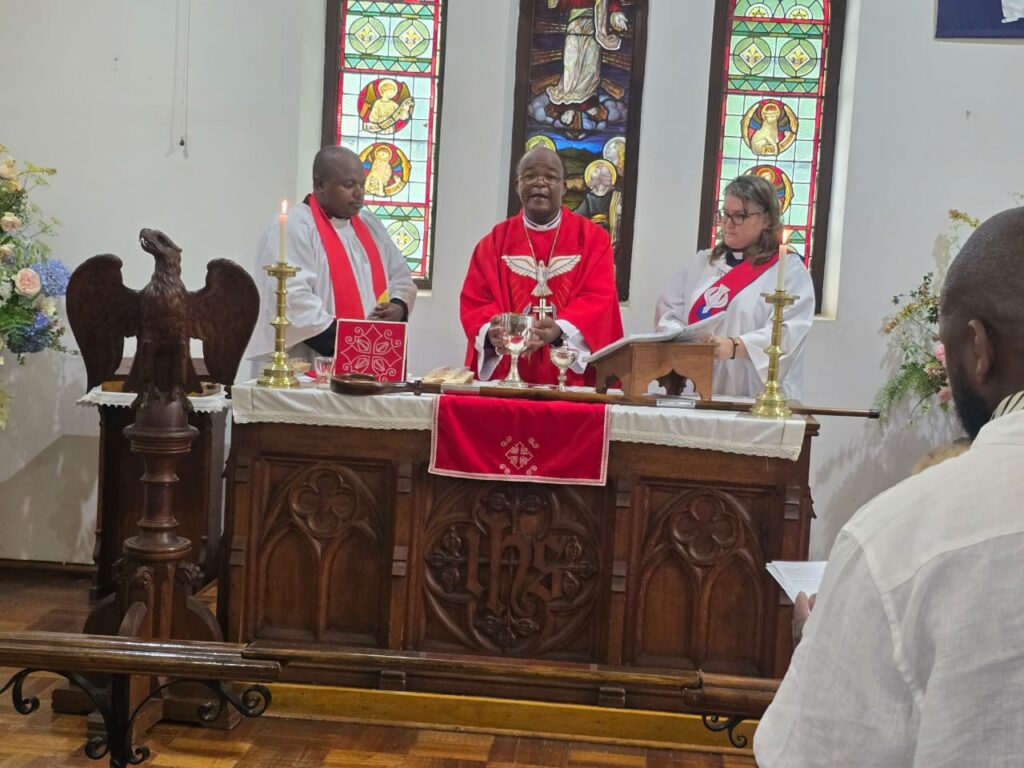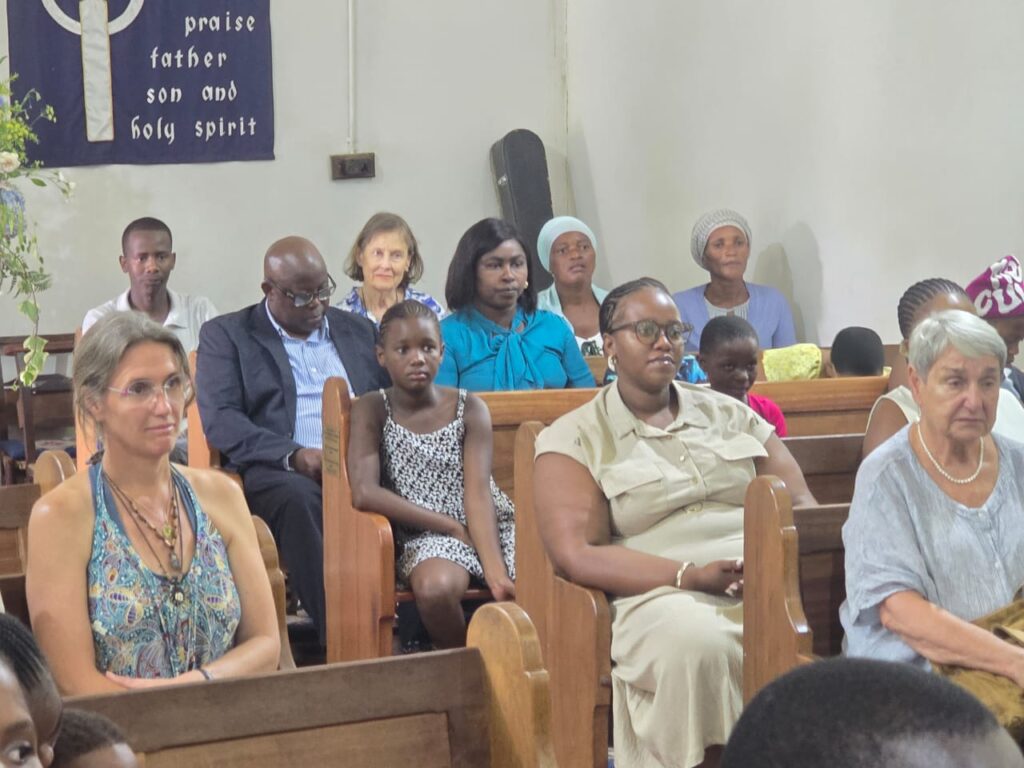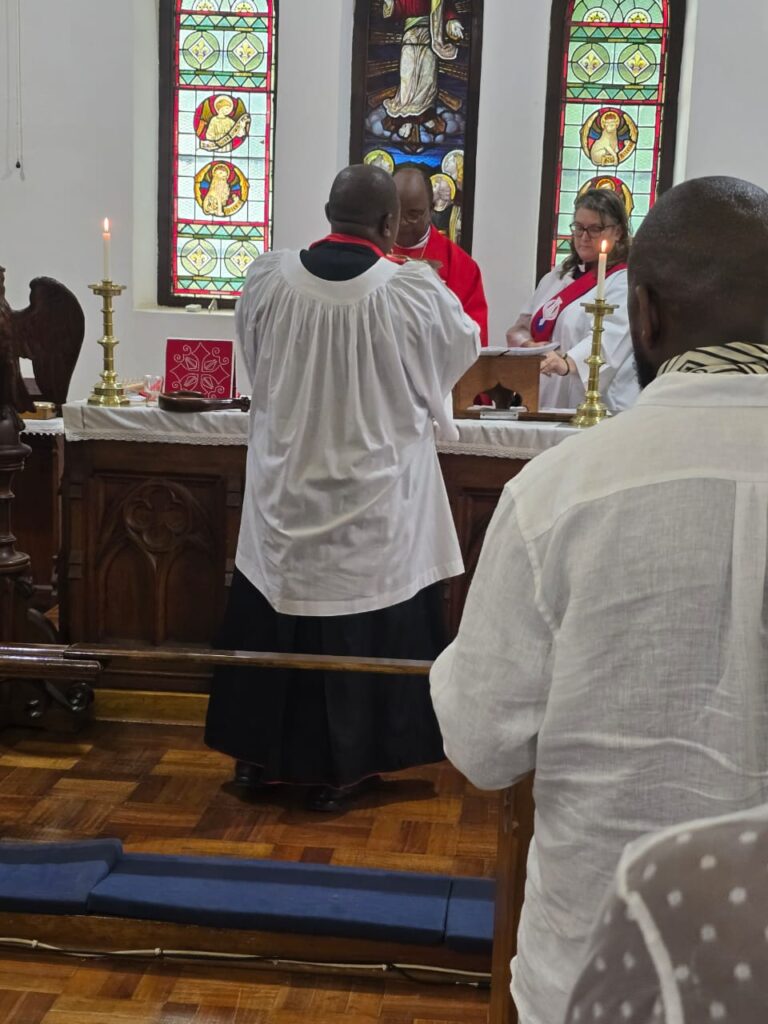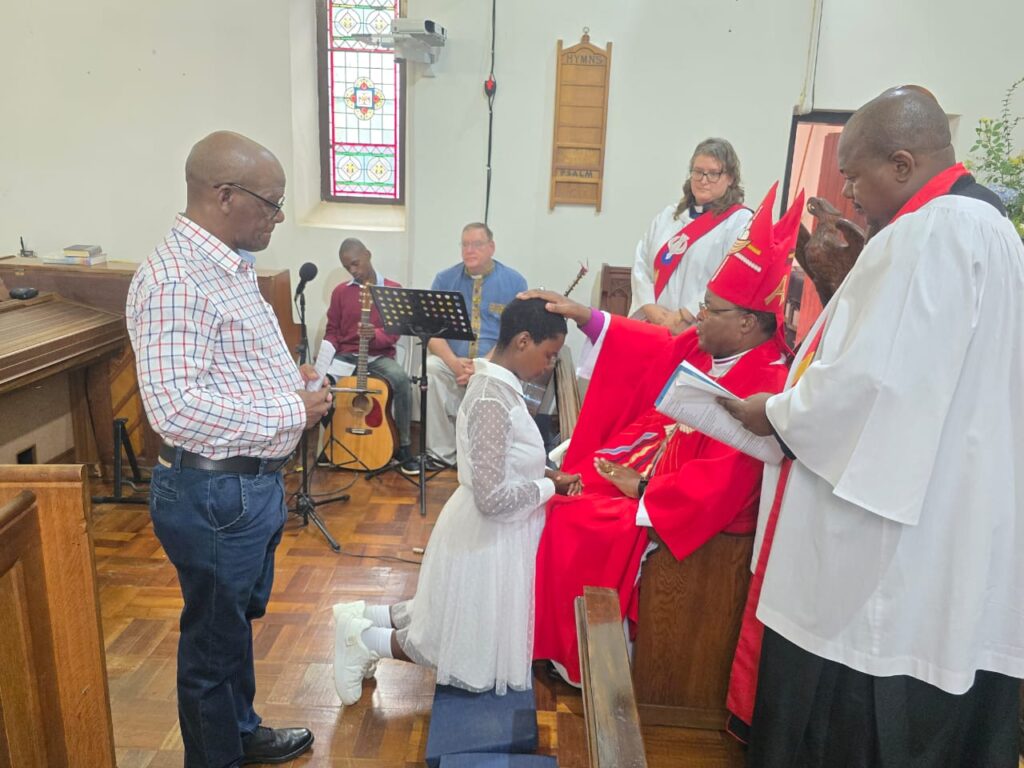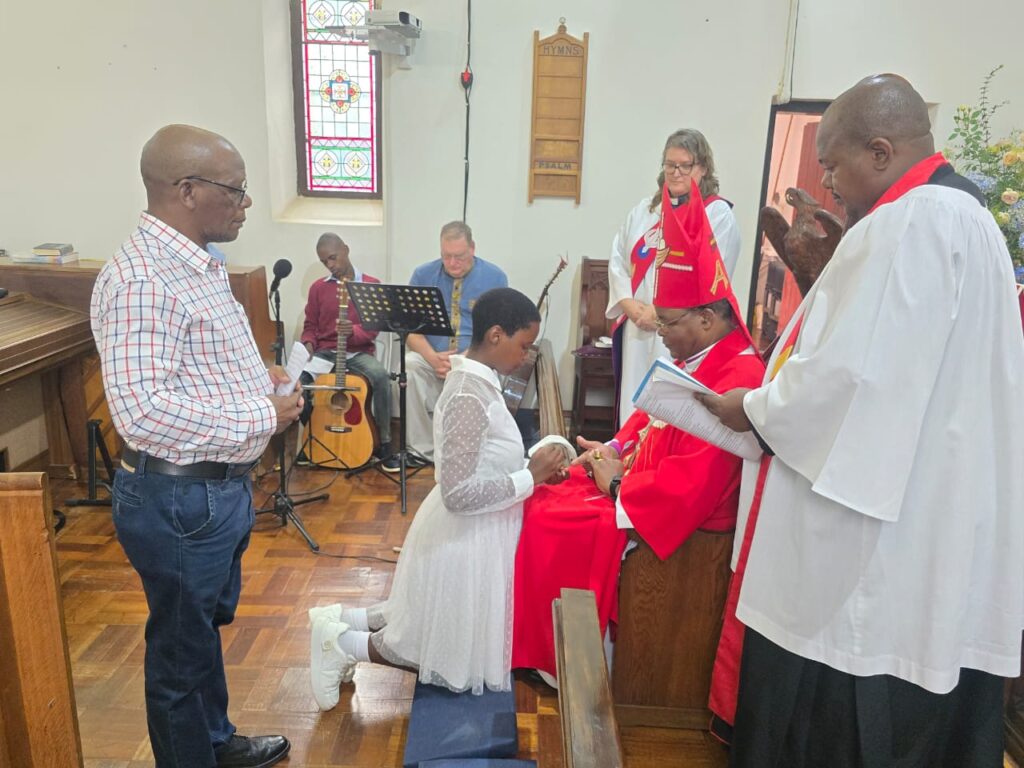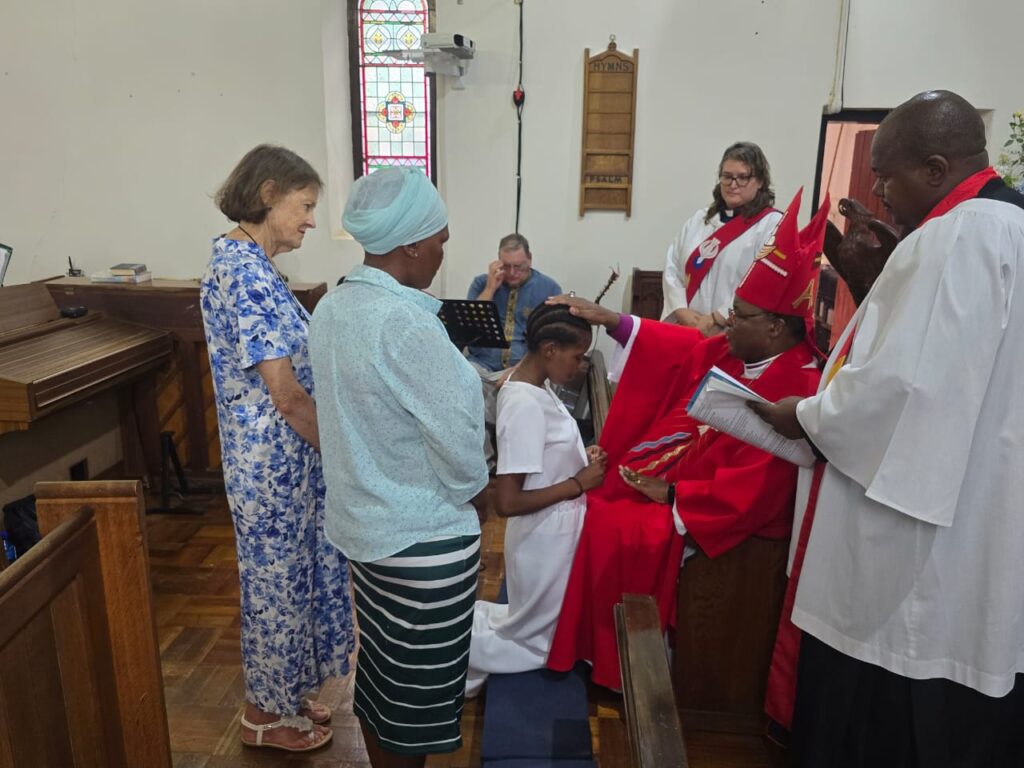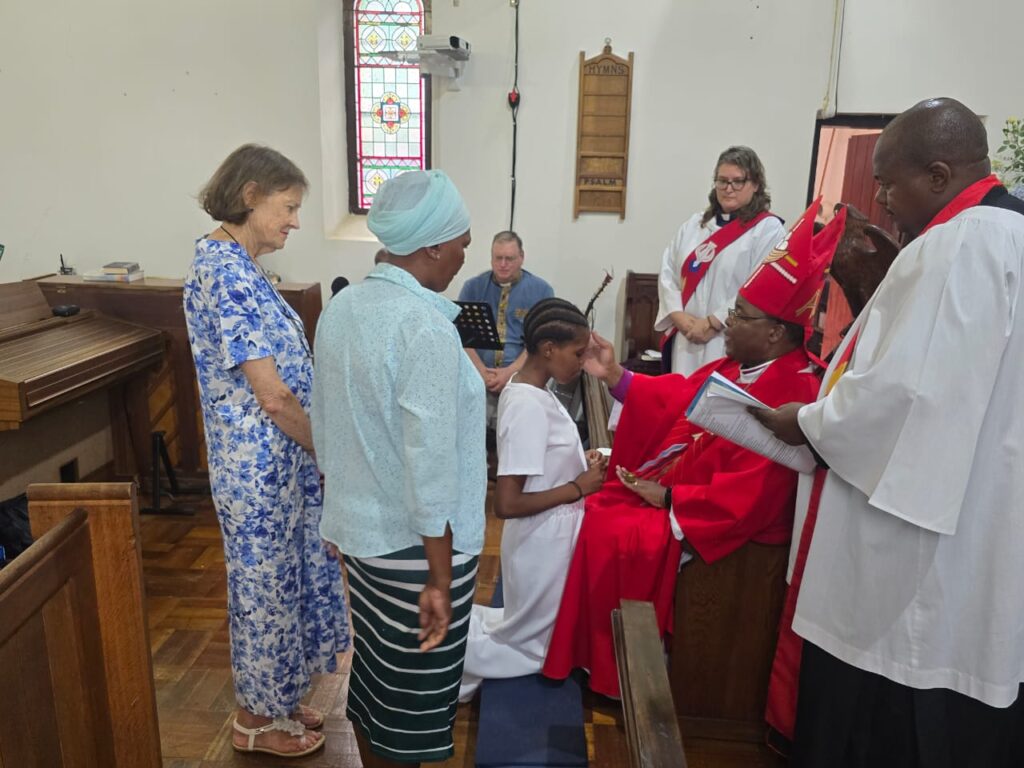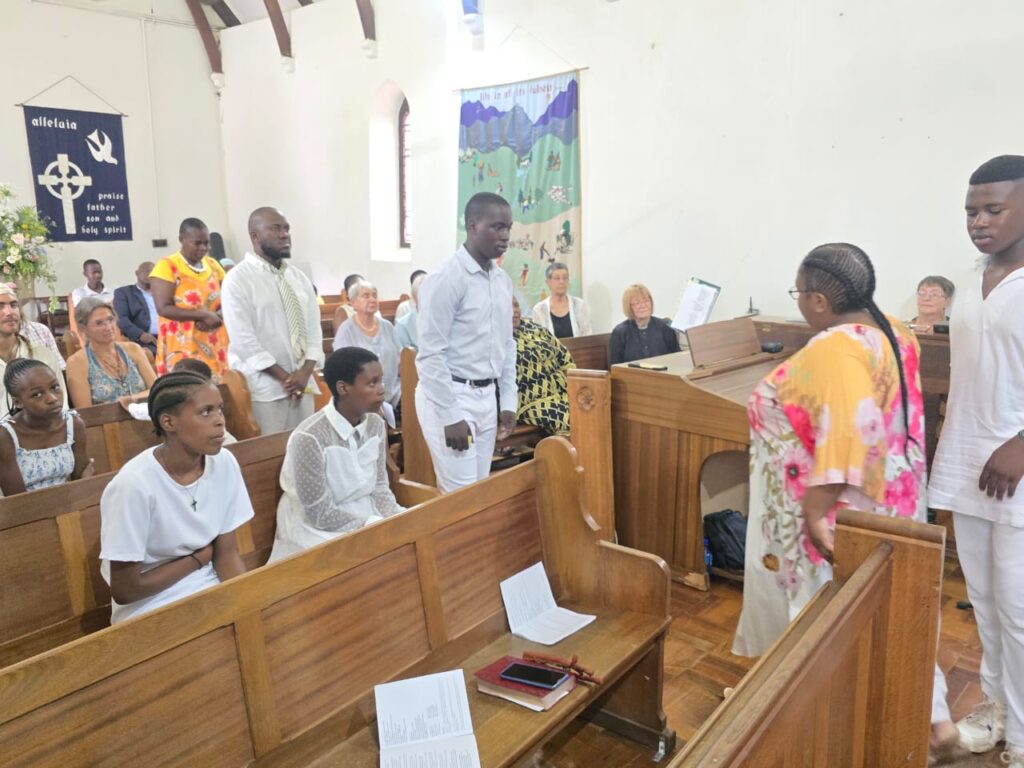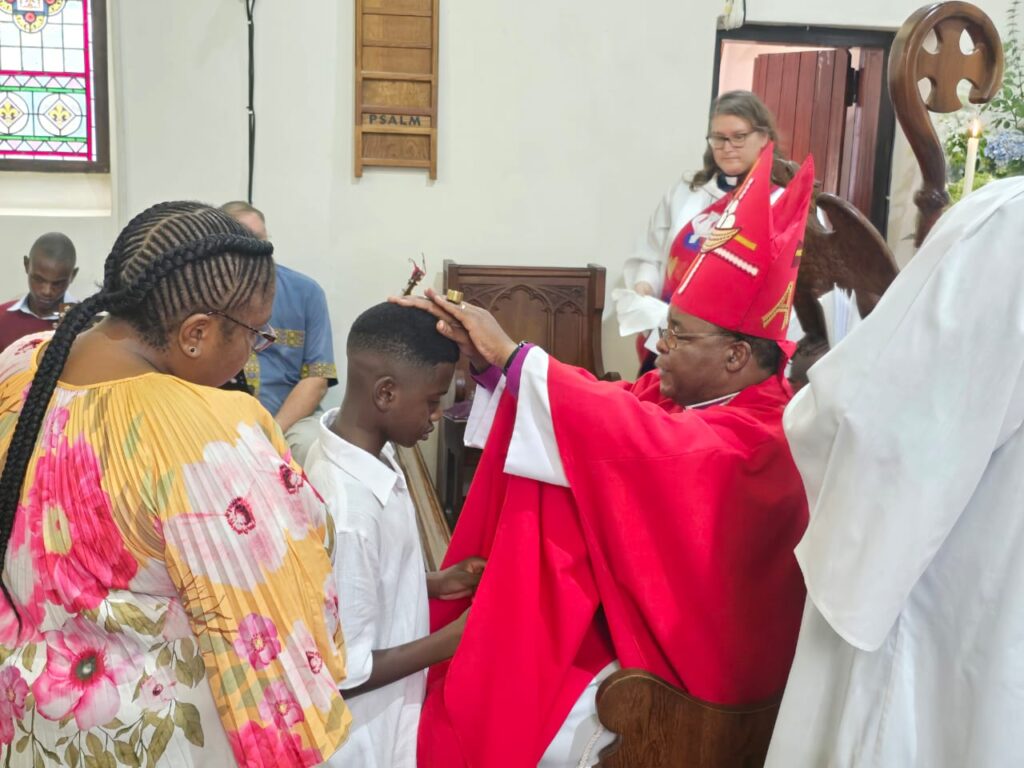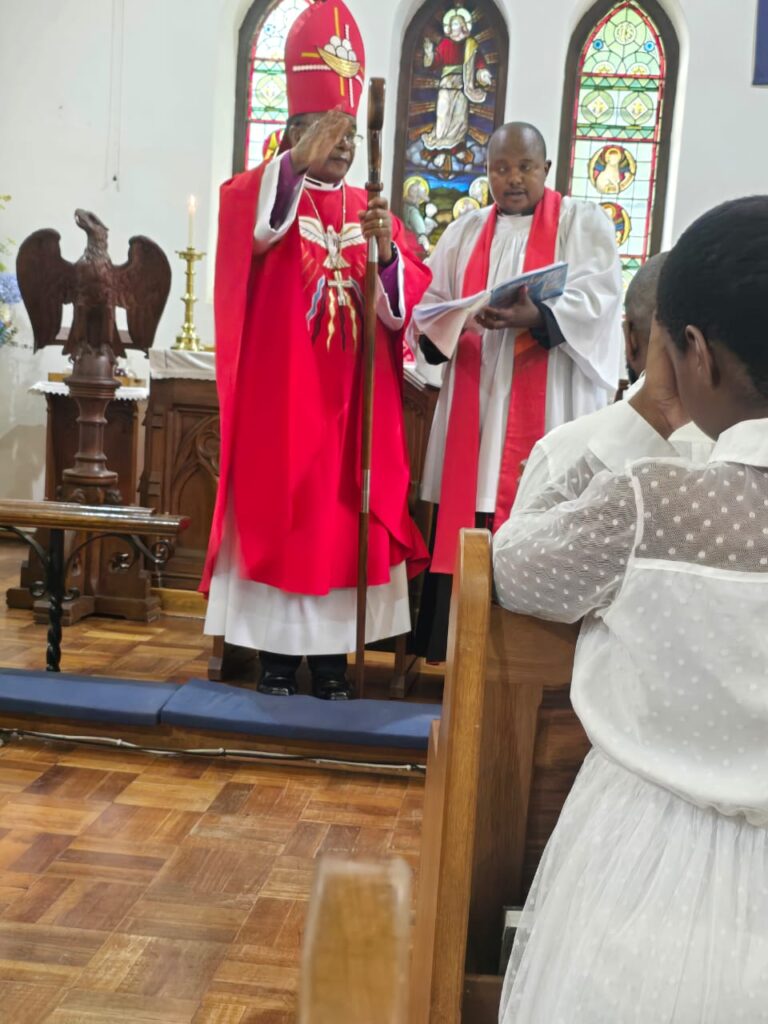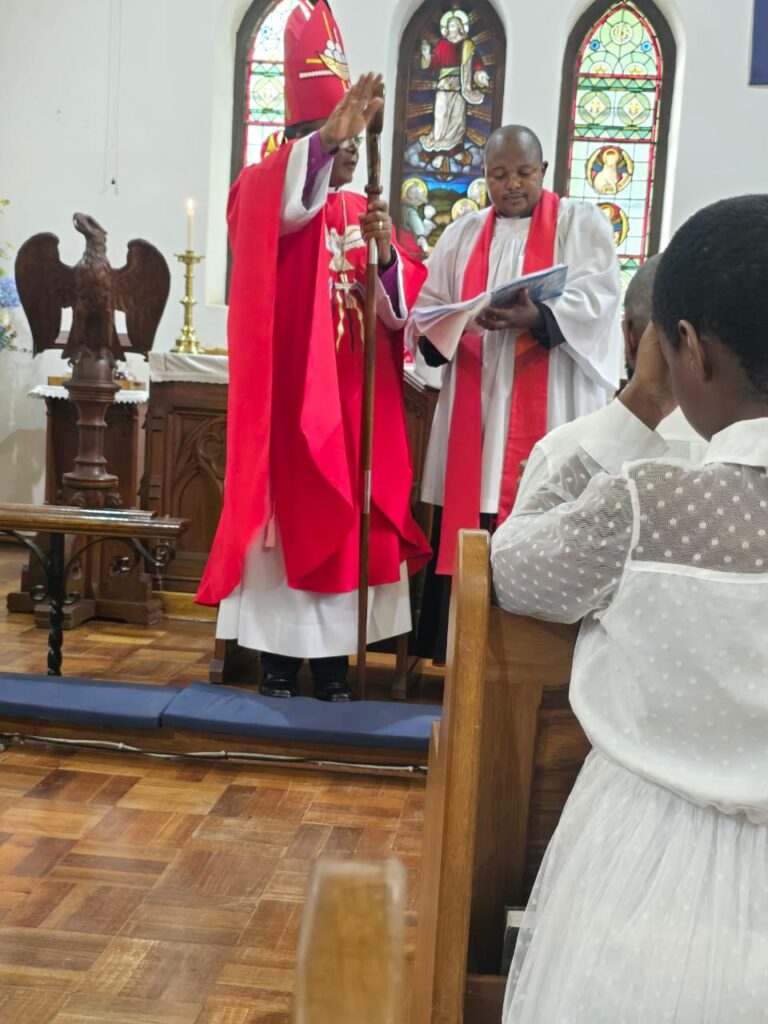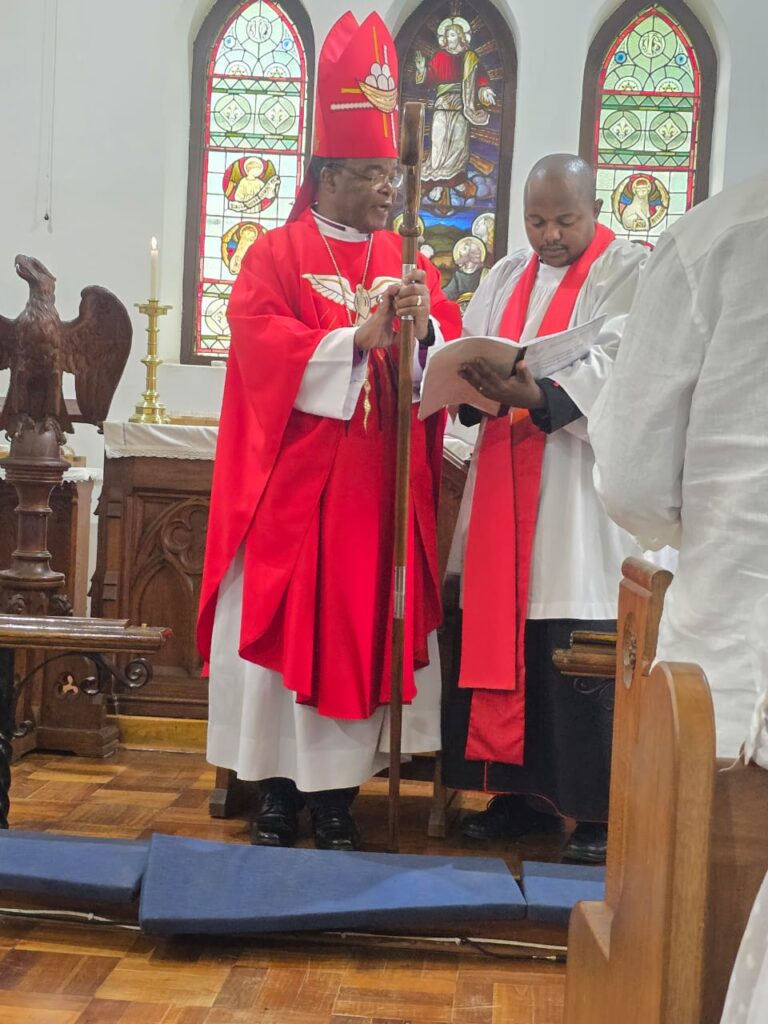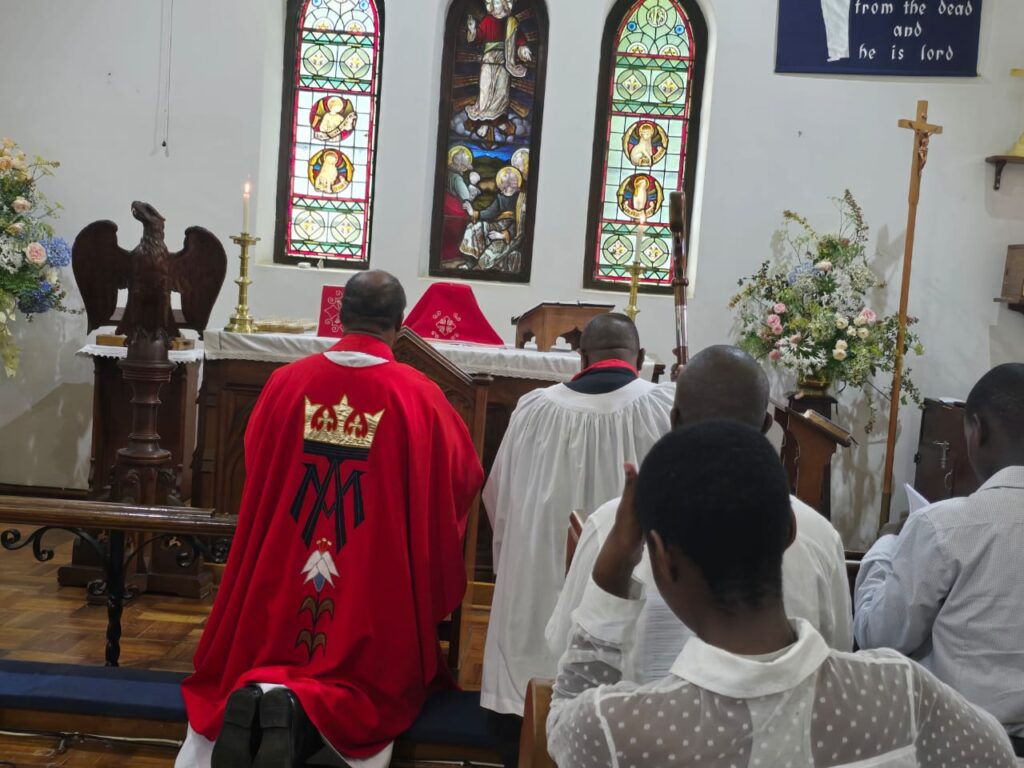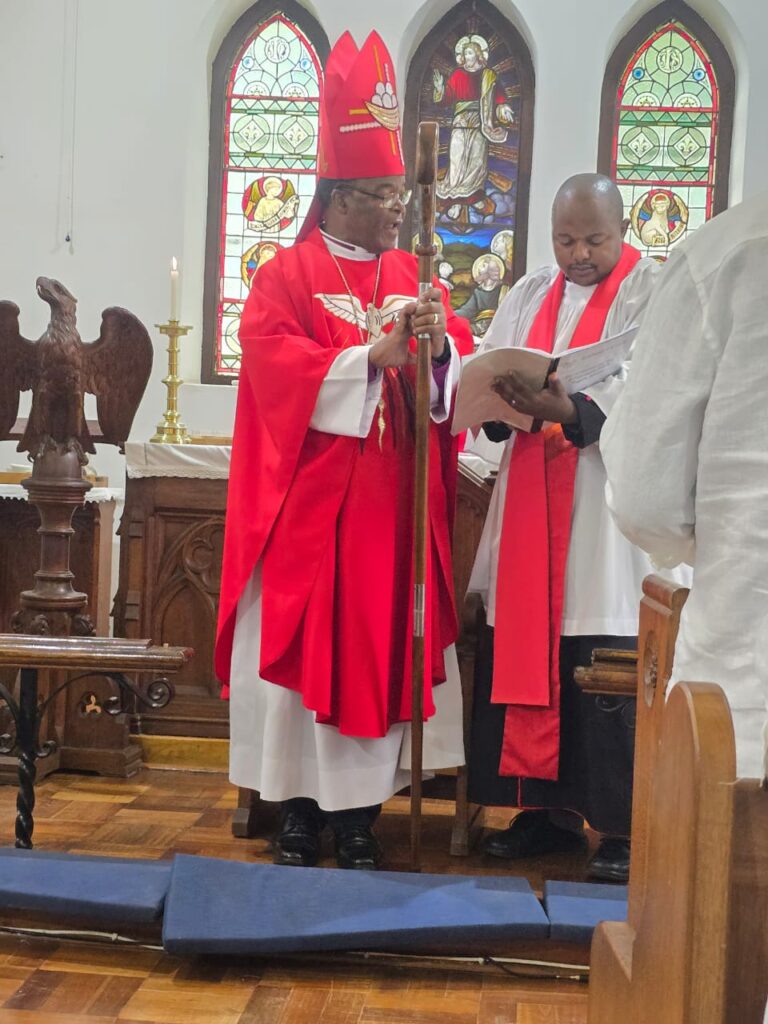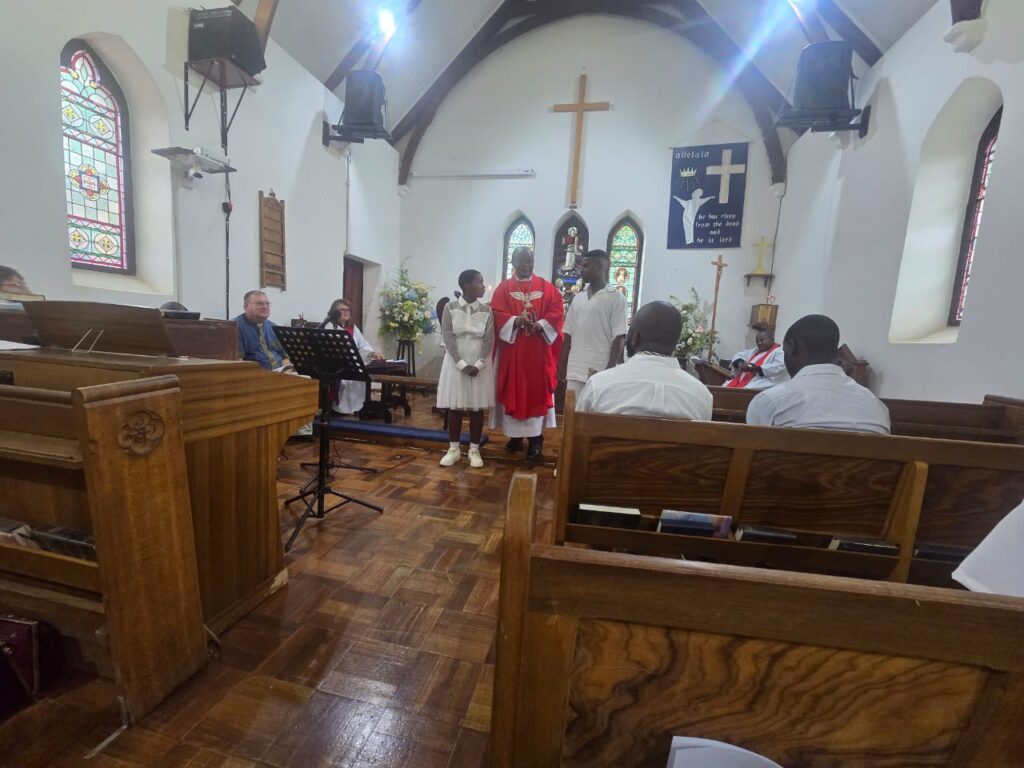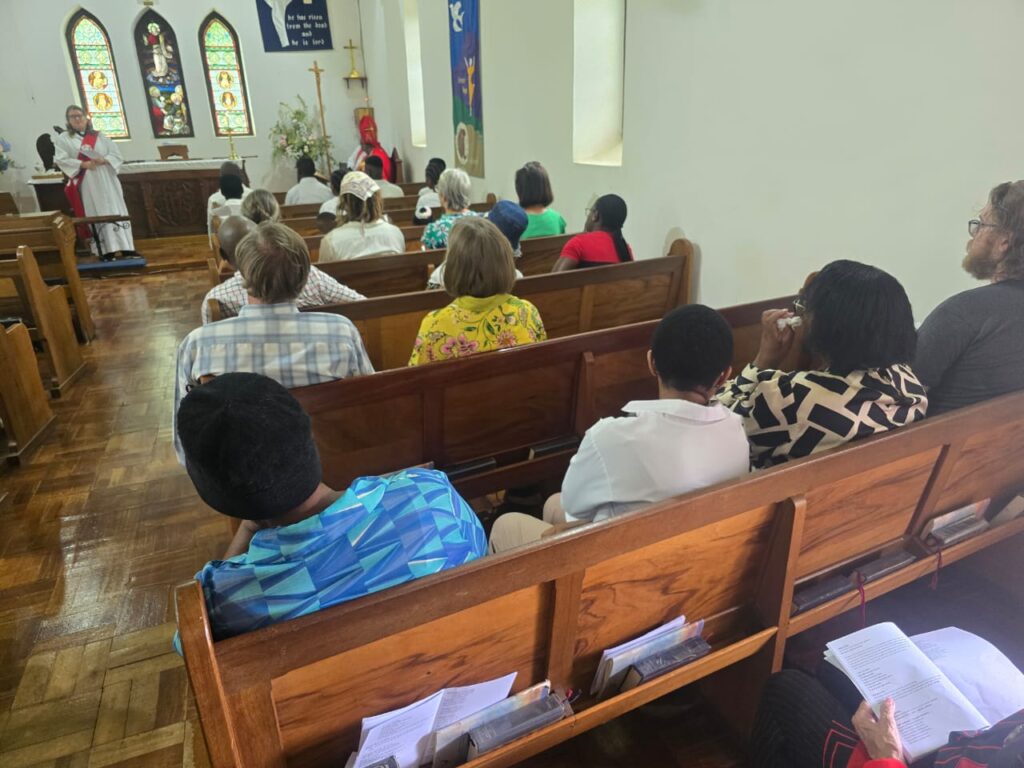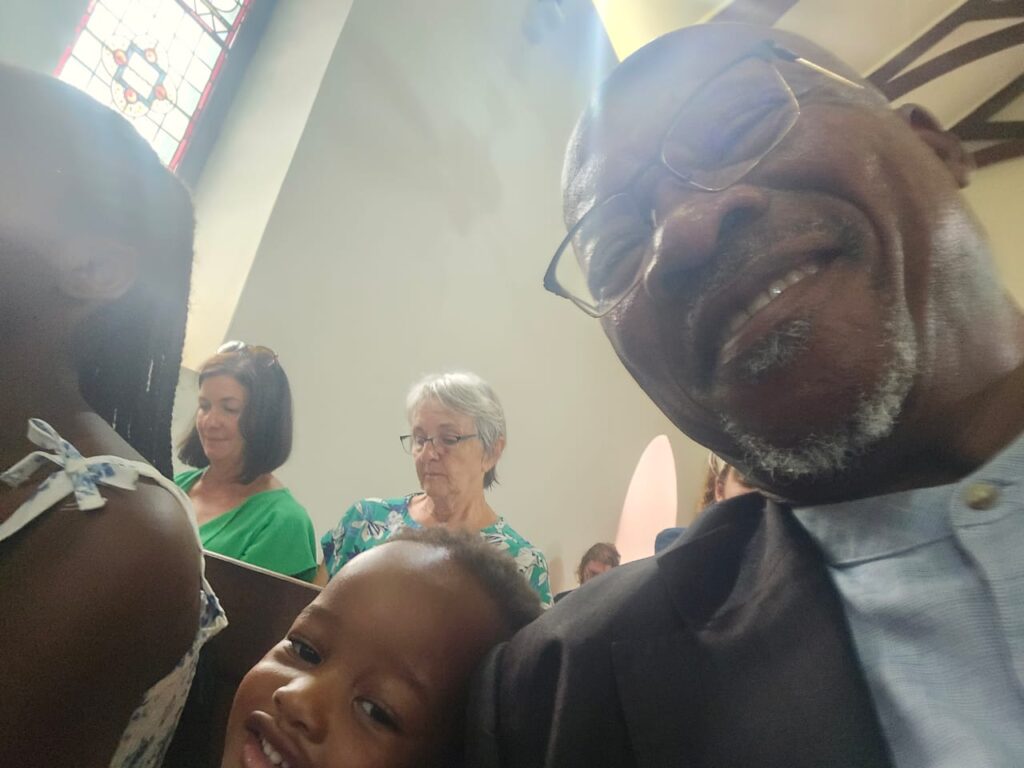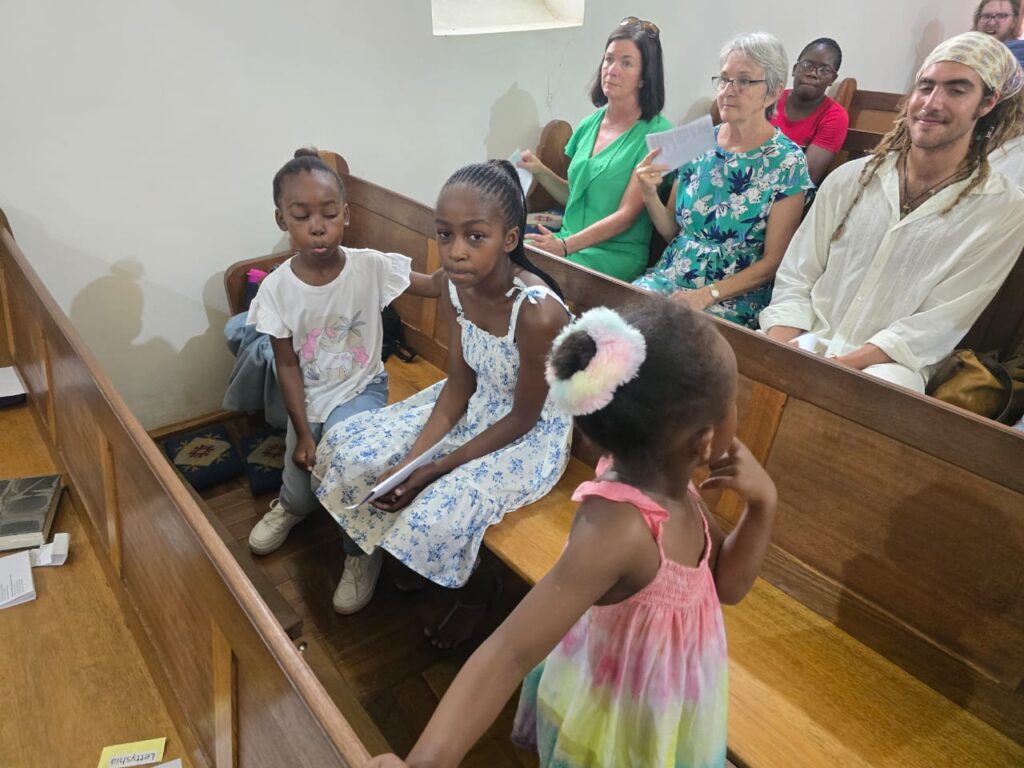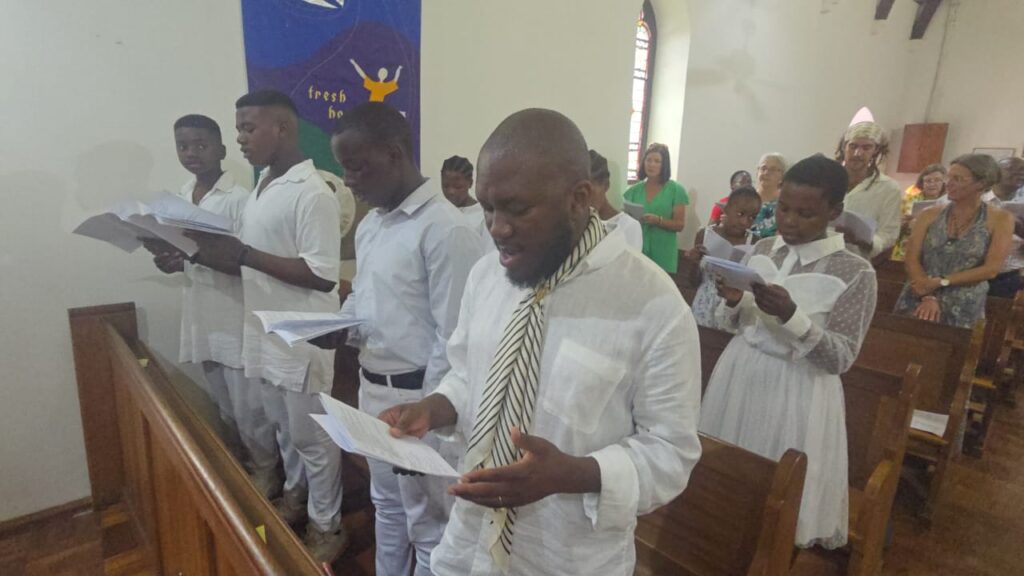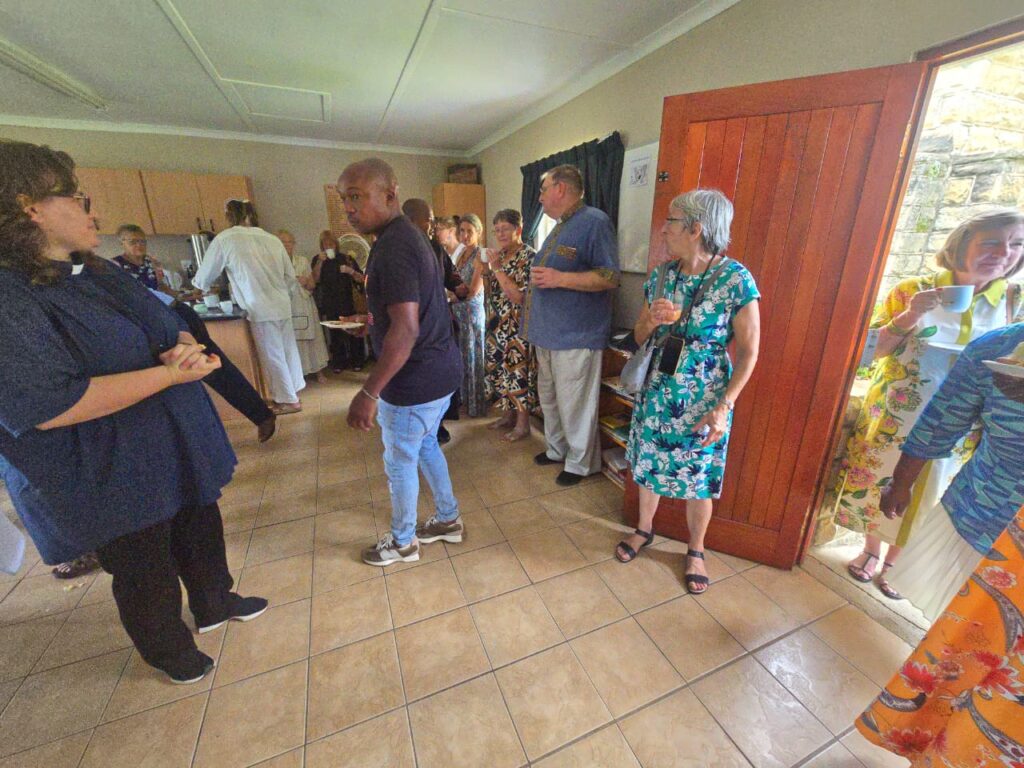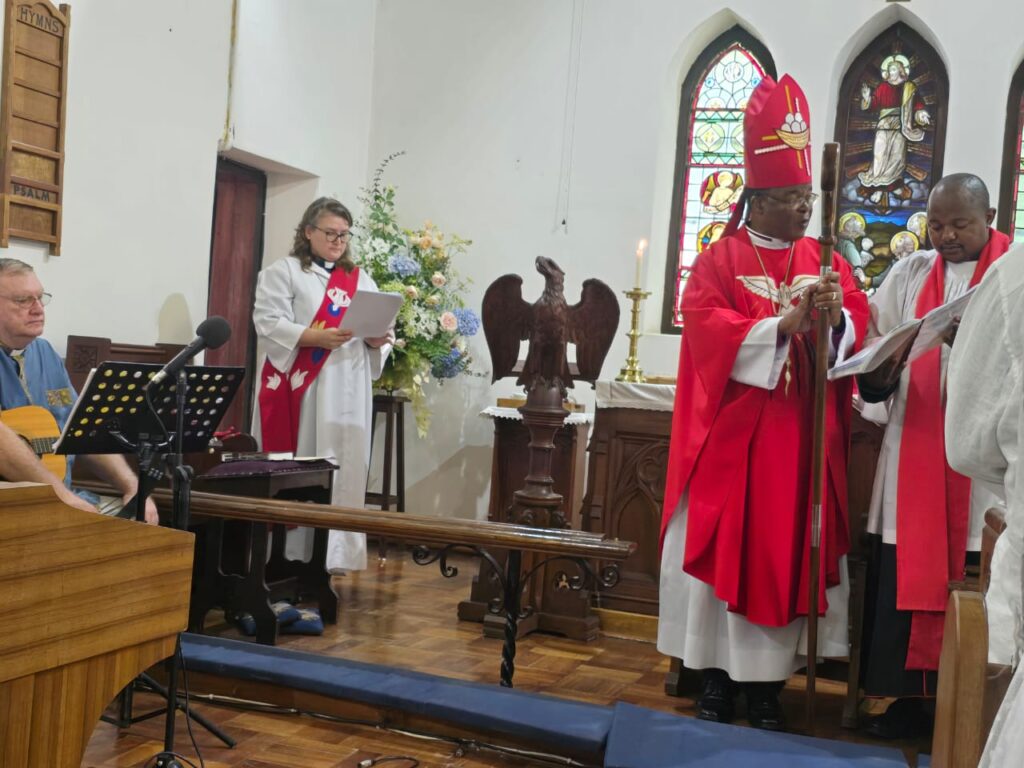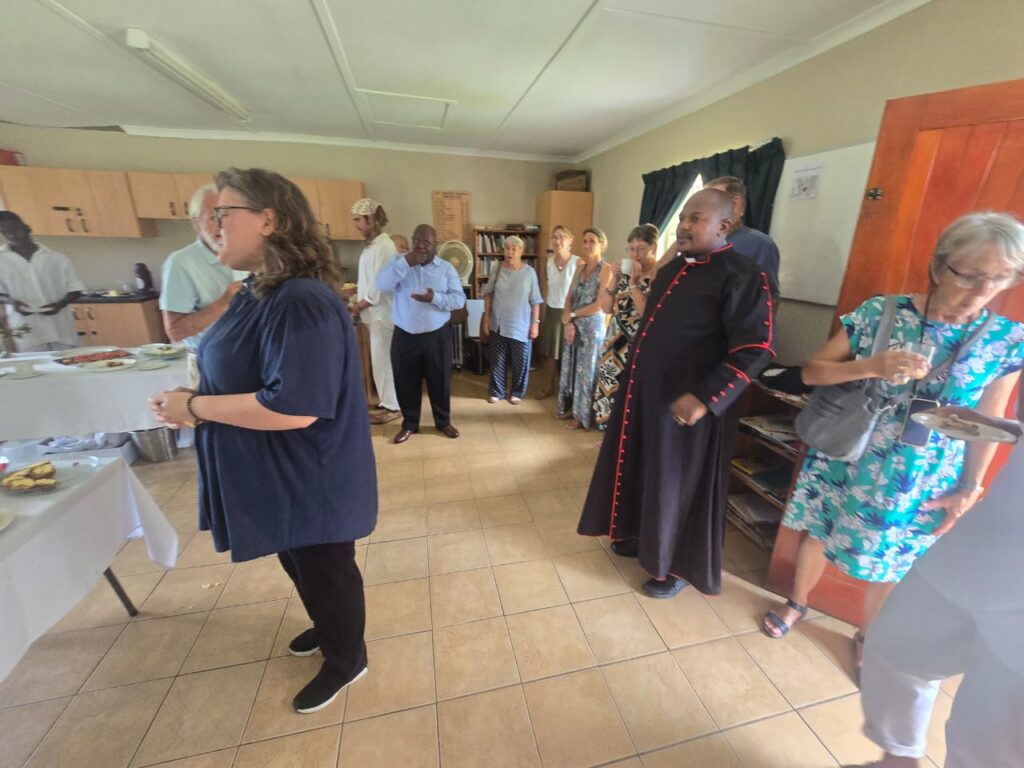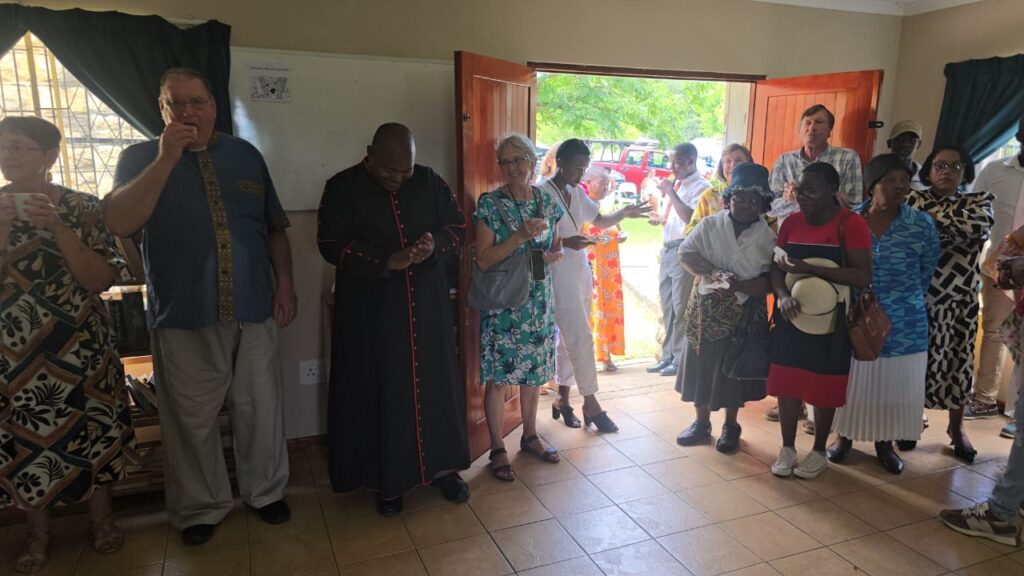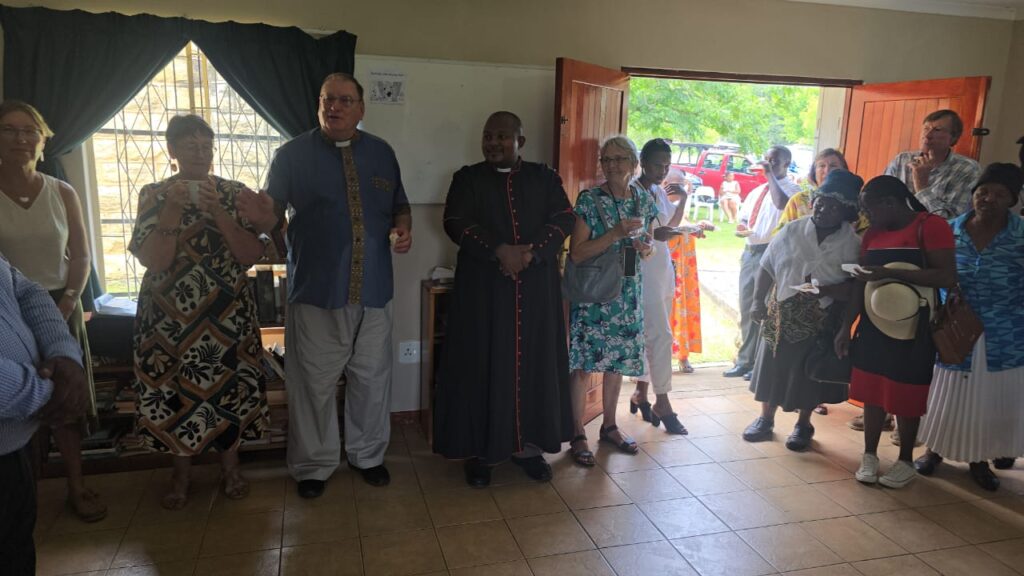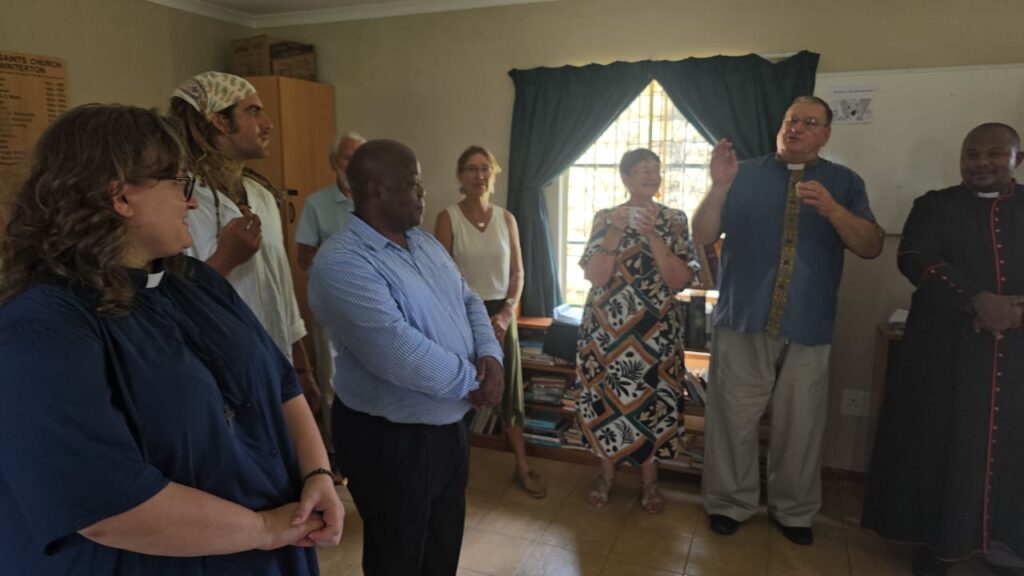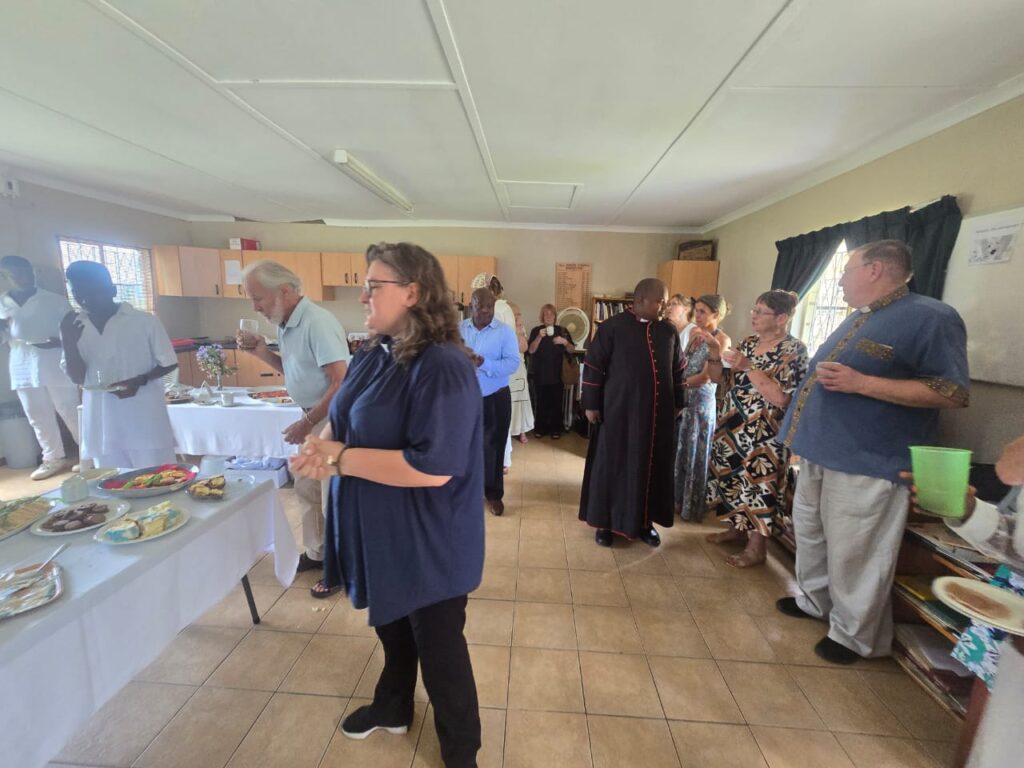Week 2, Sunday: Hallowed Be Your Name
Scripture: “This, then, is how you should pray: ‘Our Father in heaven, hallowed be your name…’” (Matthew 6:9)
As we enter the second week of Lent, we move deeper into the Lord’s Prayer with the phrase, “Hallowed be Your name.” To hallow means to honour as holy, to revere, and to set apart. This petition is a call to recognise the holiness of God’s name—not just in our words but in the way we live our lives. When we pray these words, we are expressing a desire for God’s name to be revered in our hearts, our communities, and indeed, throughout the world.
In the Christian tradition, the holiness of God’s name reminds us of the sanctity and majesty of God’s character. His name embodies His essence—His love, justice, mercy, and sovereignty. To pray “Hallowed be Your name” is to acknowledge that our actions and words either honour or dishonour who God is. It is a call to live in a way that reflects God’s character, striving to embody Christ’s love in our relationships, our service, and our witness to the world.
This petition also ties directly to the Commandment, “You shall not take the name of the Lord your God in vain” (Exodus 20:7). To honour God’s name goes beyond avoiding misuse in speech; it encompasses the integrity of our entire lives. We honour God’s name when we act justly, love mercy, and walk humbly with Him. Every act of kindness, every word of truth, every step towards justice is a way of hallowing God’s name in our daily lives.
Hallowing God’s name is woven into a life of humility, simplicity, and reverence for all creation. St. Francis of Assisi, in his Canticle of the Creatures, praised God by recognising His presence in all living things—calling the sun, moon, wind, and even death, his brothers and sisters. The holiness of God’s name is reflected in the beauty and interconnection of creation. To honour God’s name is to treat every person, every creature, and every part of the natural world with reverence and care.
This perspective challenges us to expand our understanding of what it means to hallow God’s name. It is not confined to worship or prayer alone but is demonstrated in how we care for the earth, how we build peace in our communities, and how we see Christ in the faces of the poor and marginalized. Be a testimony to this—the holiness of God’s name reflected in acts of peace, compassion, and a profound respect for all life.
To hallow God’s name is also to be instruments of peace, as St. Francis prayed: “Lord, make me an instrument of Your peace.” When we work for reconciliation, when we forgive, when we serve others with humility, we bring honour to God’s name. We become living witnesses to His love and holiness.
Reflection Questions:
- How do your actions and words reflect the holiness of God’s name?
- In what practical ways can you honour God’s name in your daily life and relationships?
- How might our approach to creation and simplicity inspire us to live more reverently?
Prayer:
Holy and Loving God, hallowed be Your name. May our lives reflect Your holiness in all we do. Help us to honour You not only with our lips but with our hearts and actions. Inspire us to see Your presence in all creation and to walk humbly, seeking peace and reconciliation. Through Jesus Christ, our Lord. Amen.


